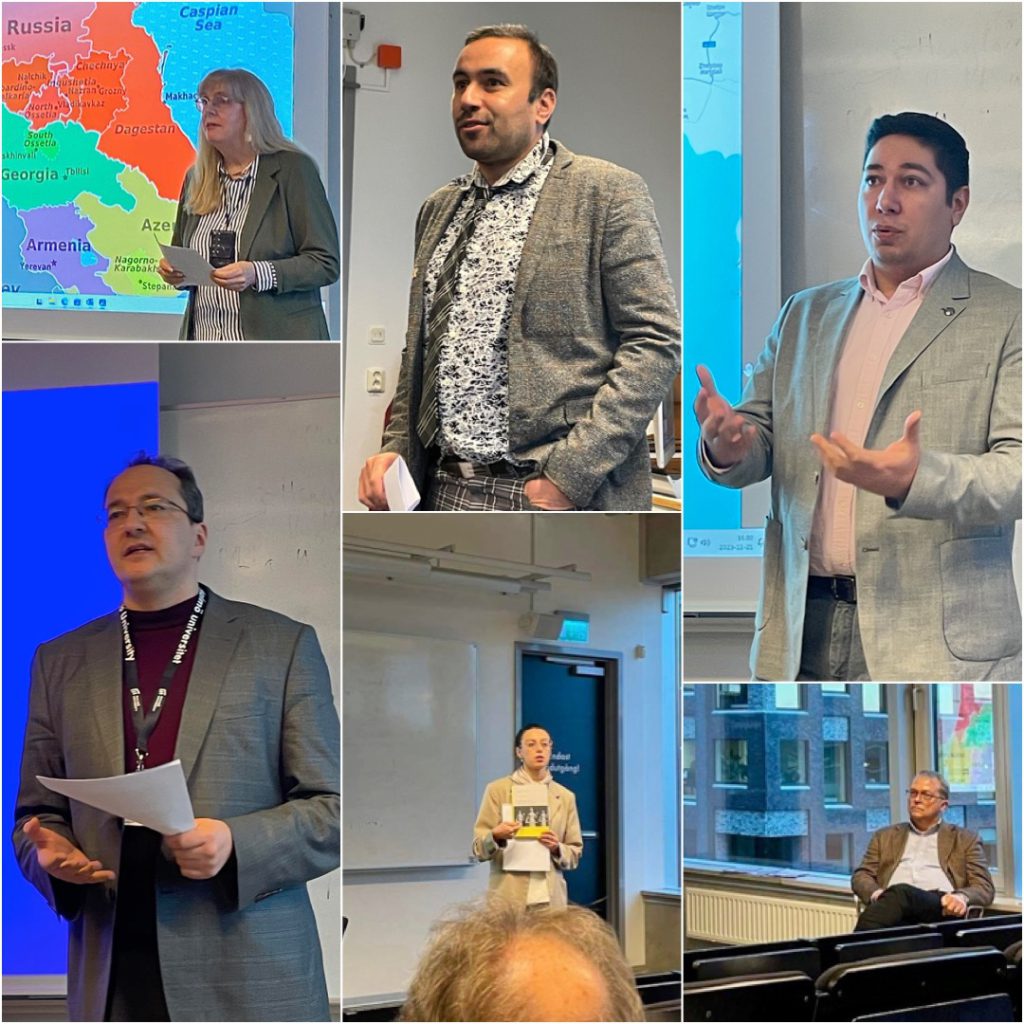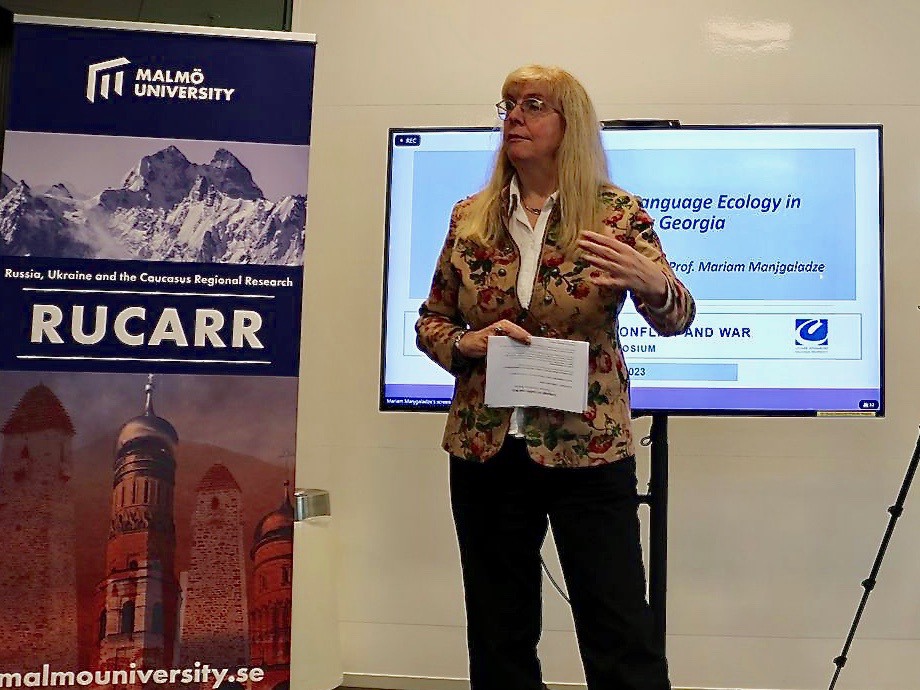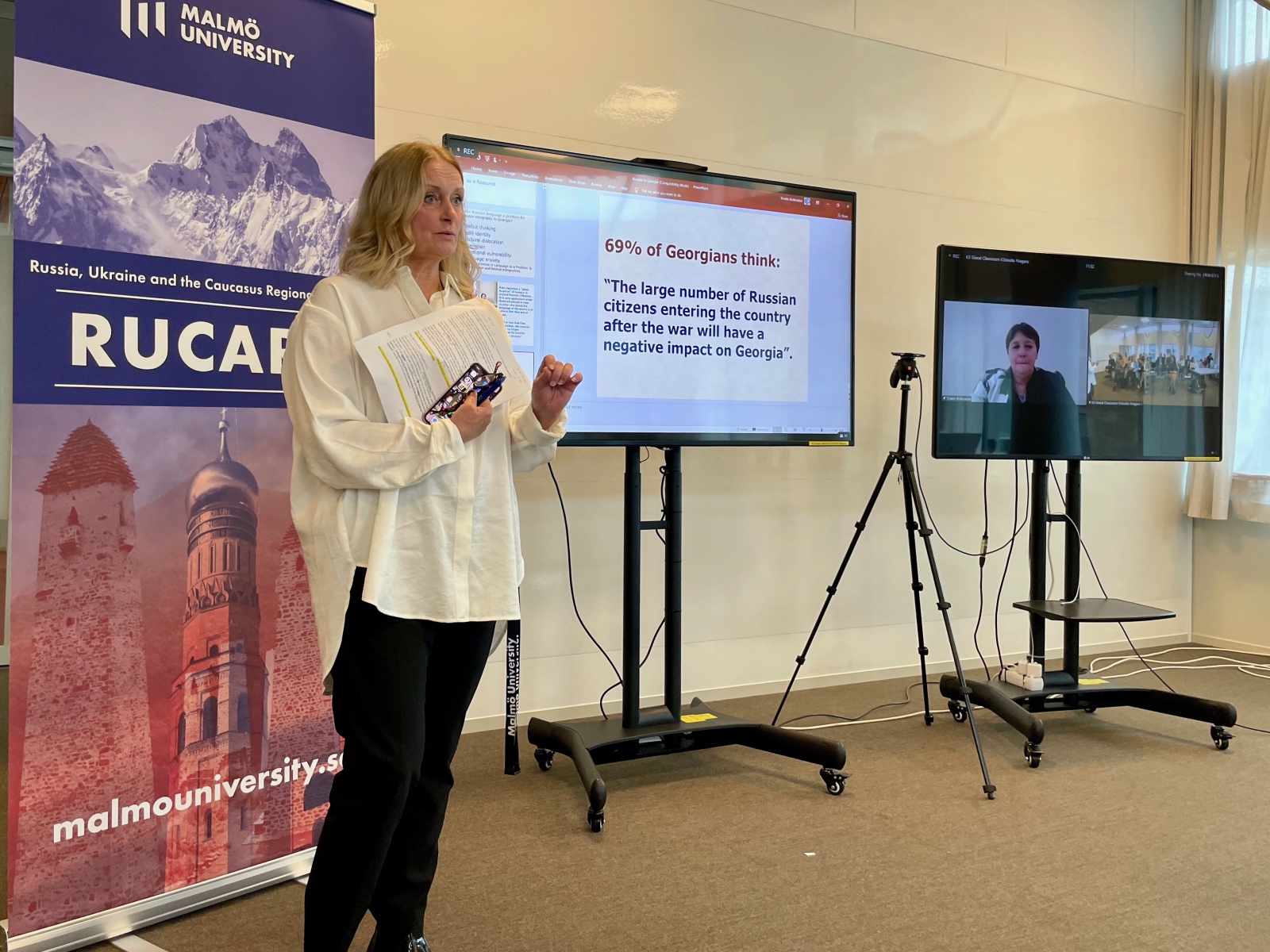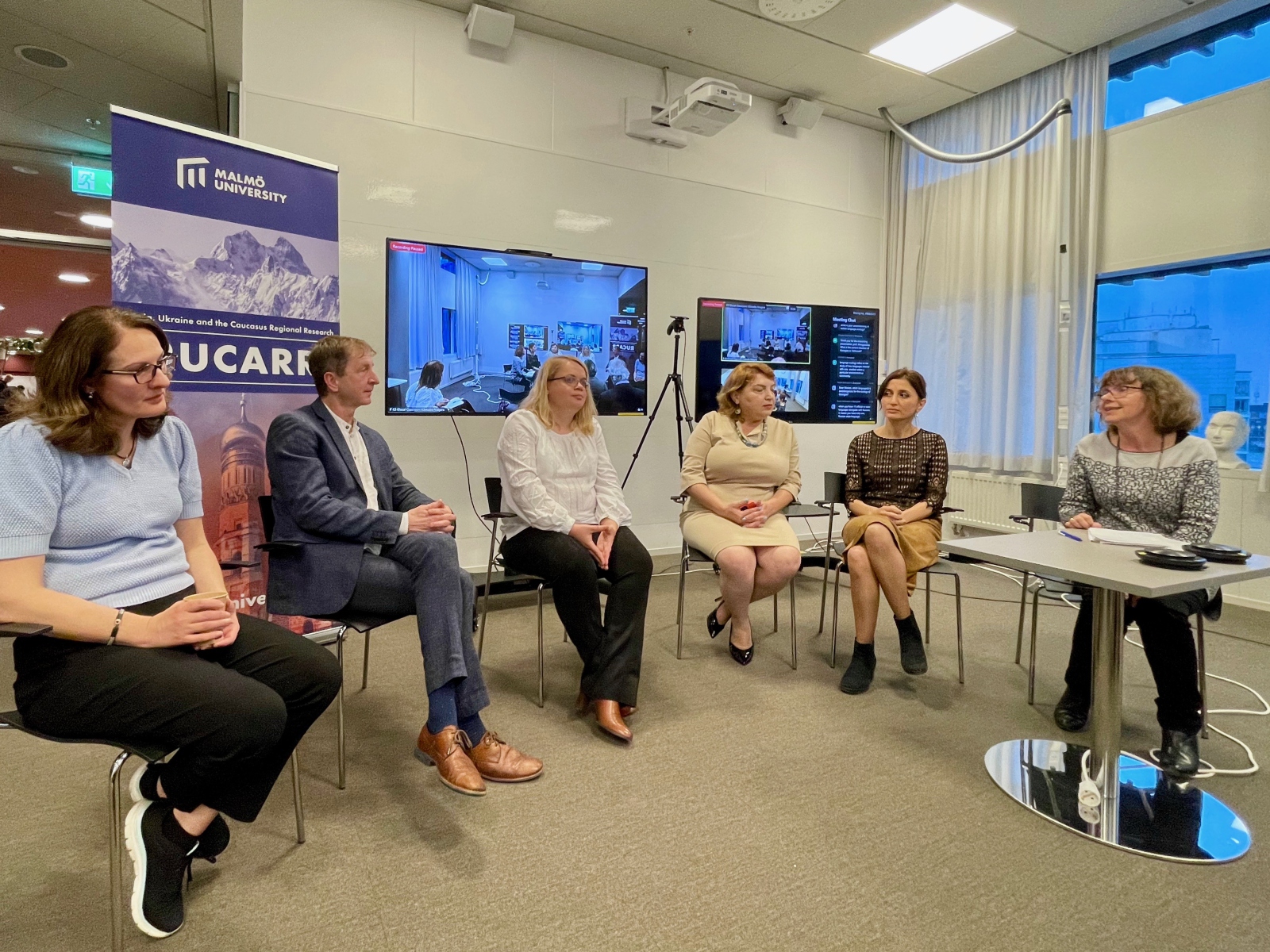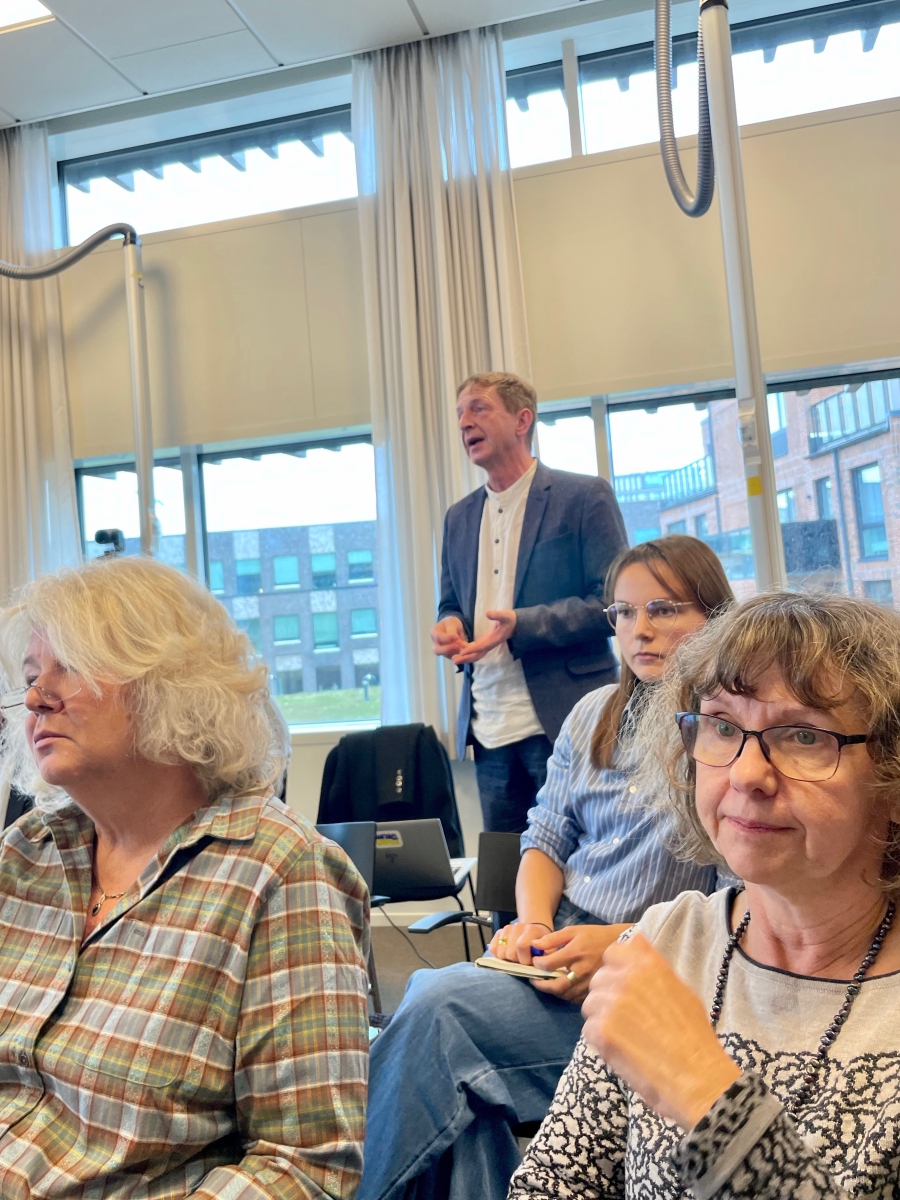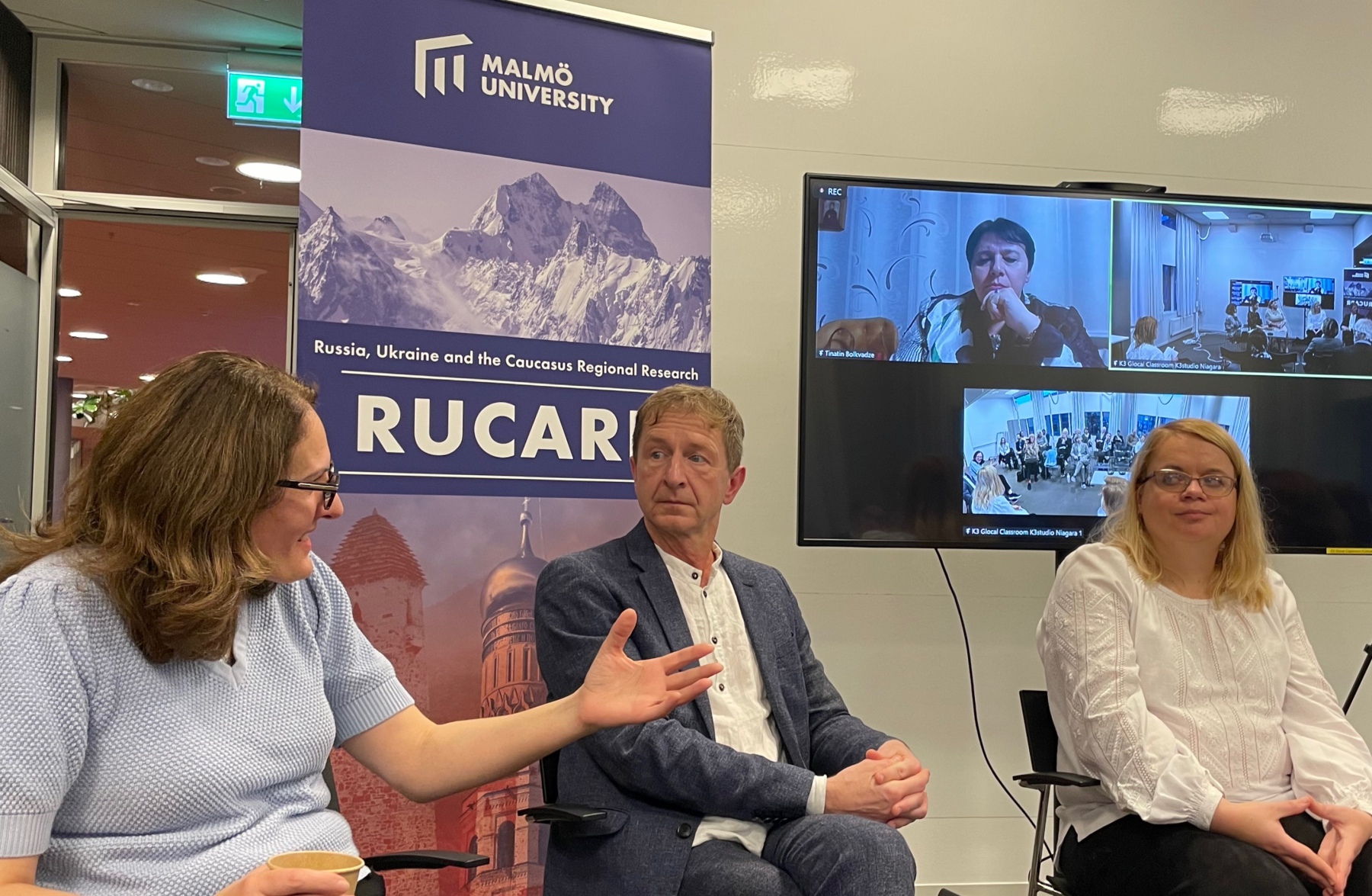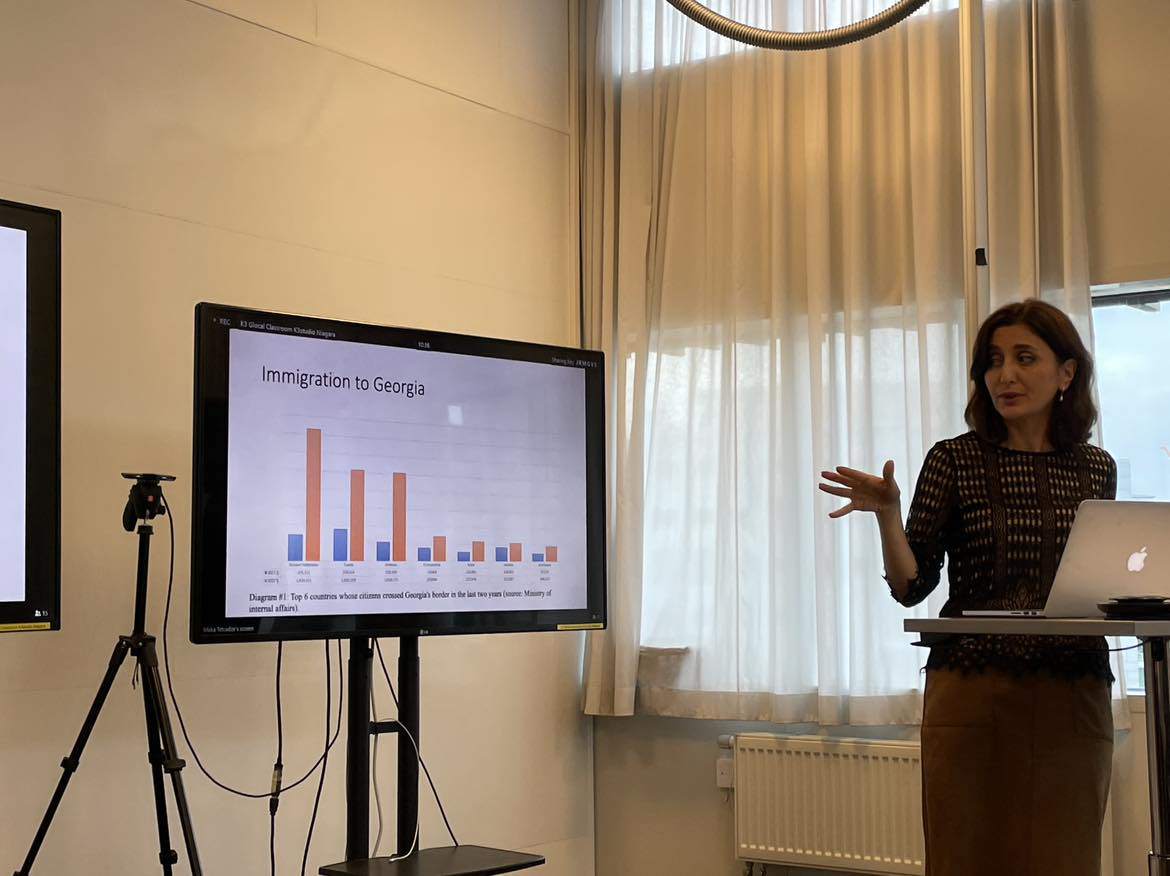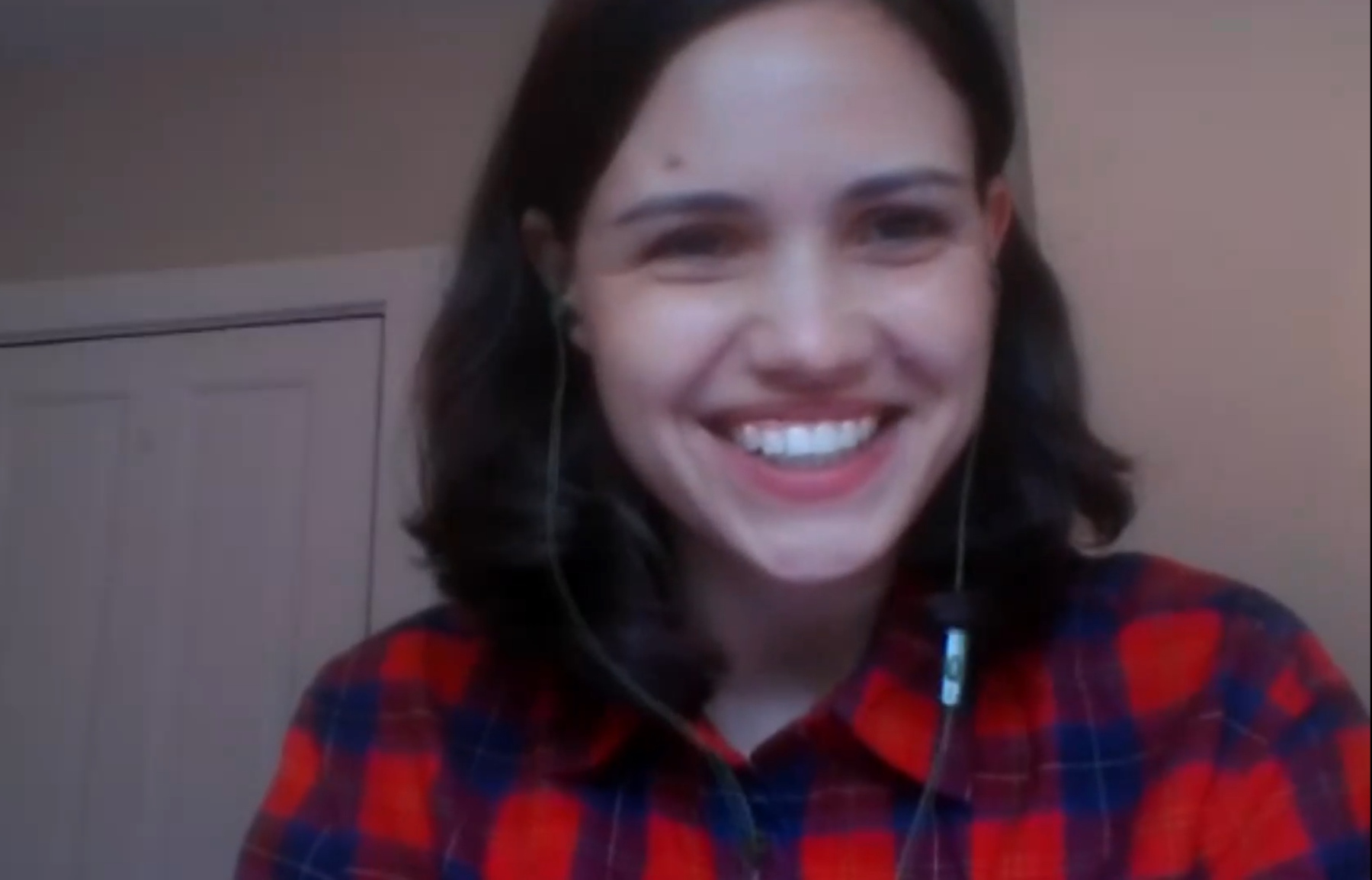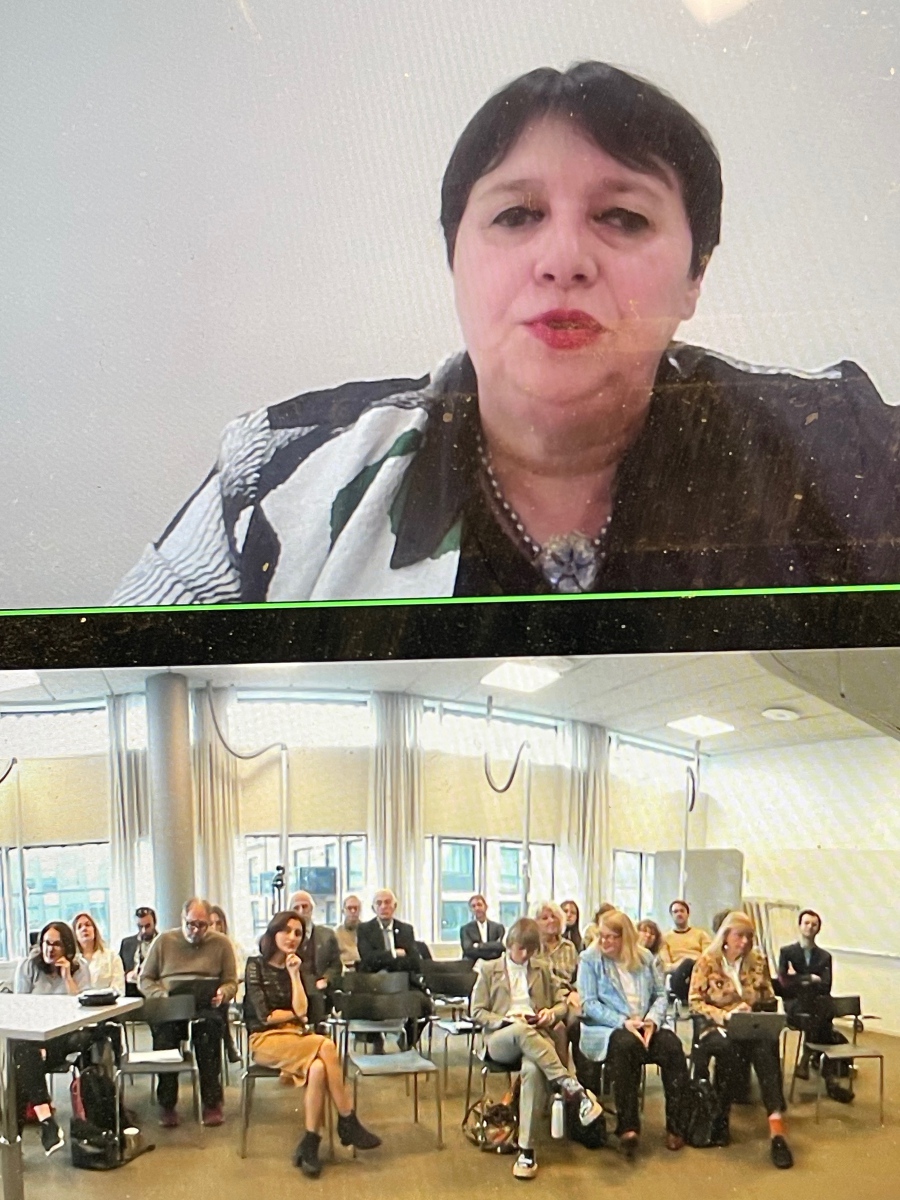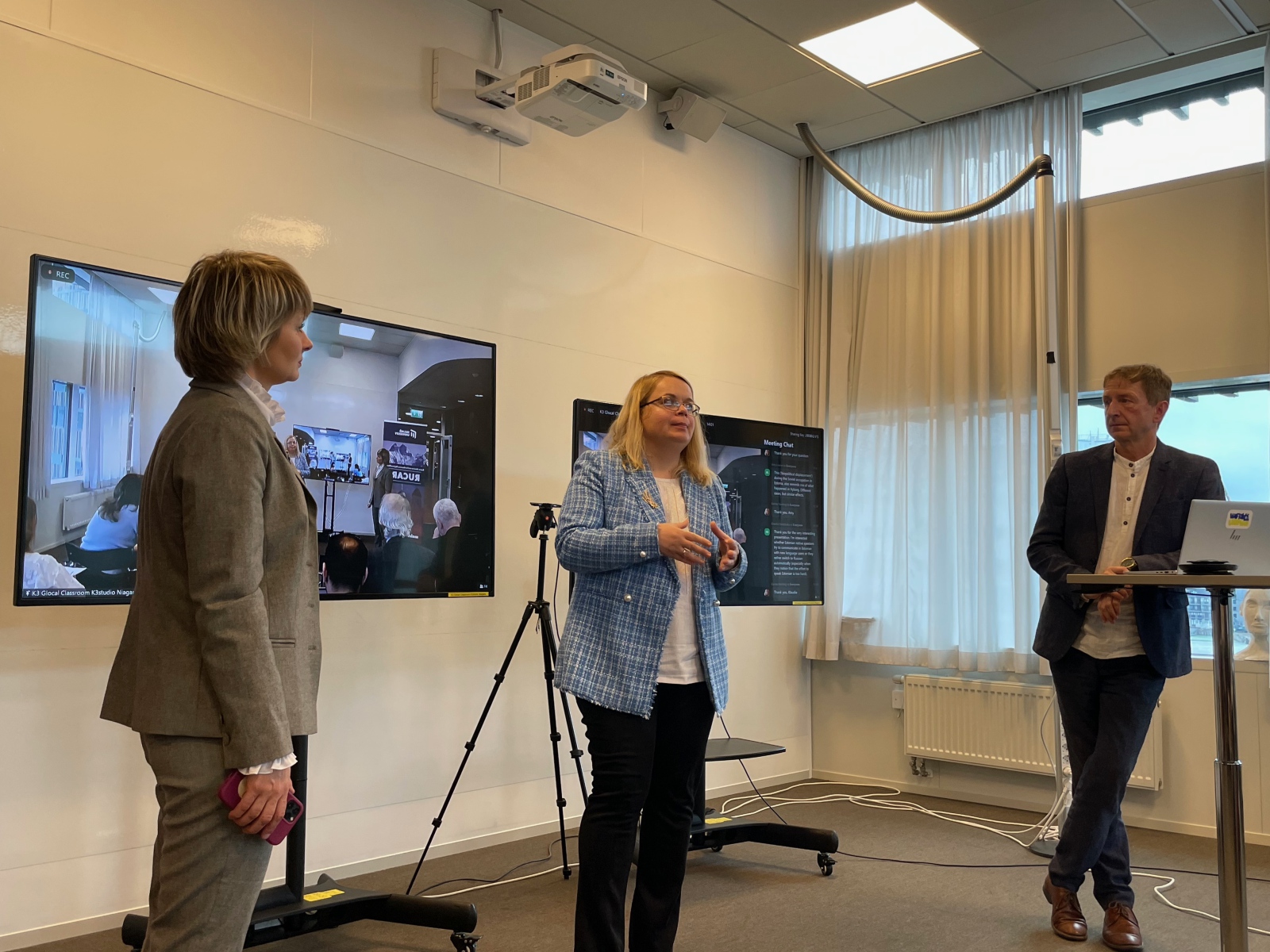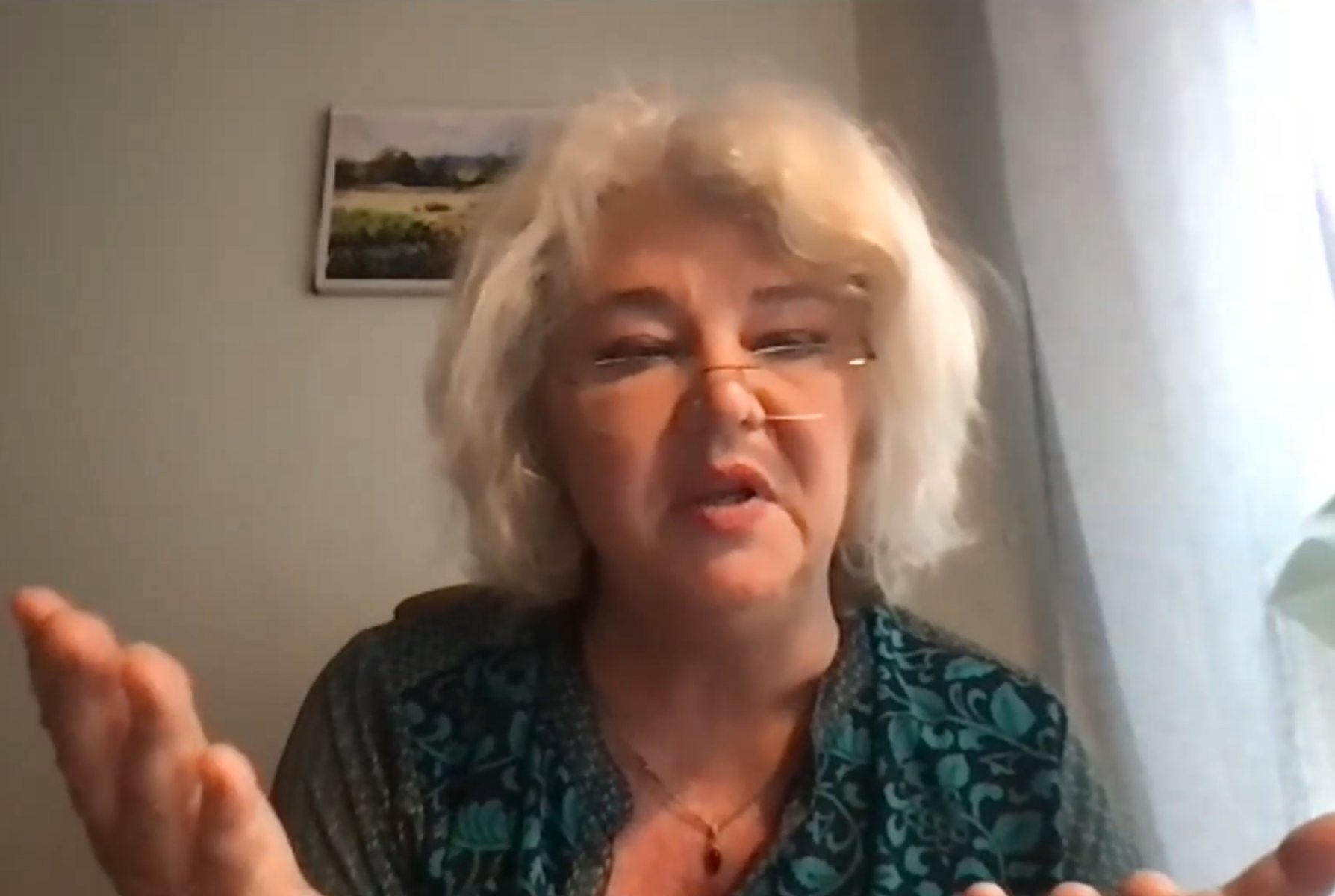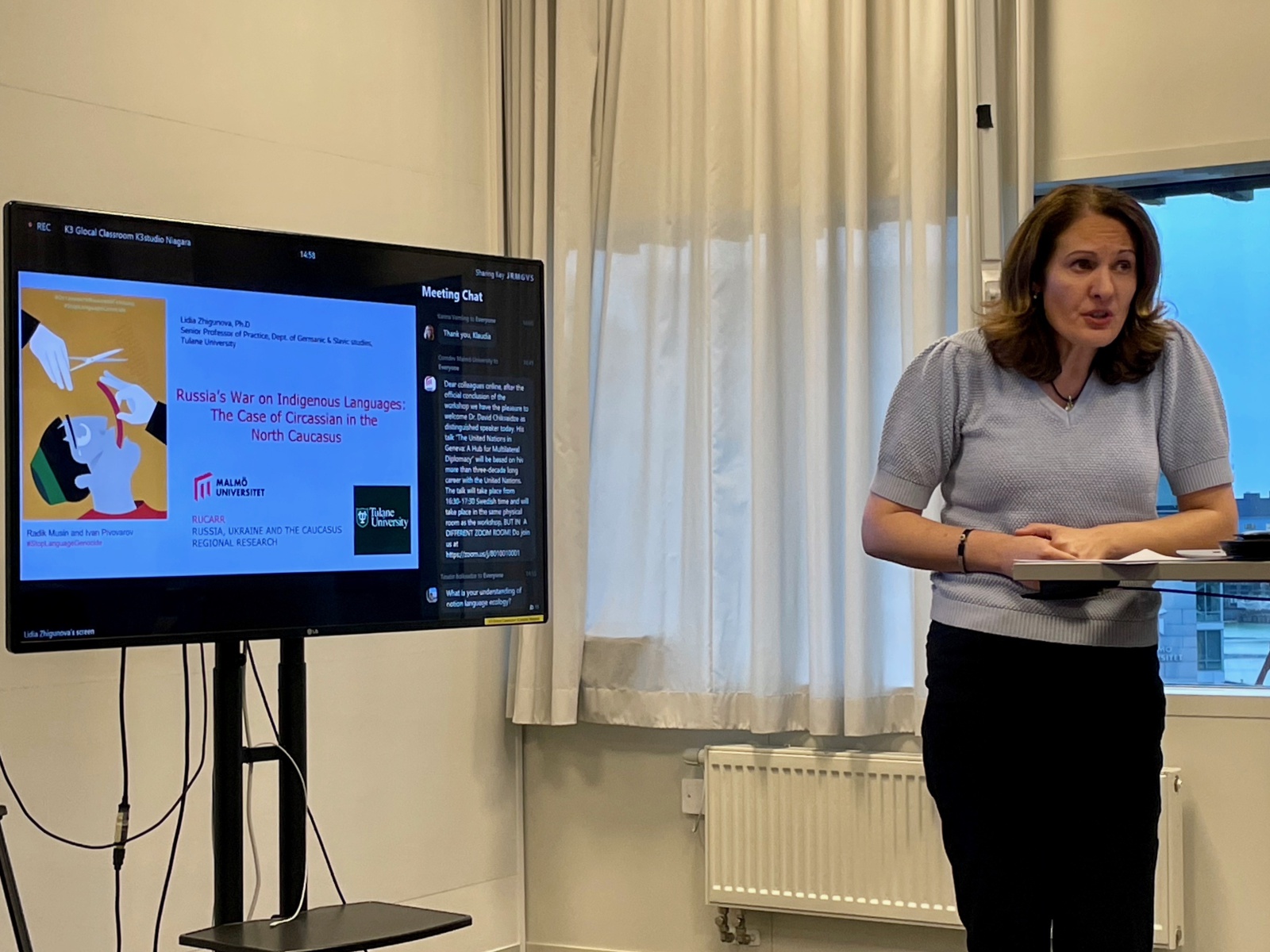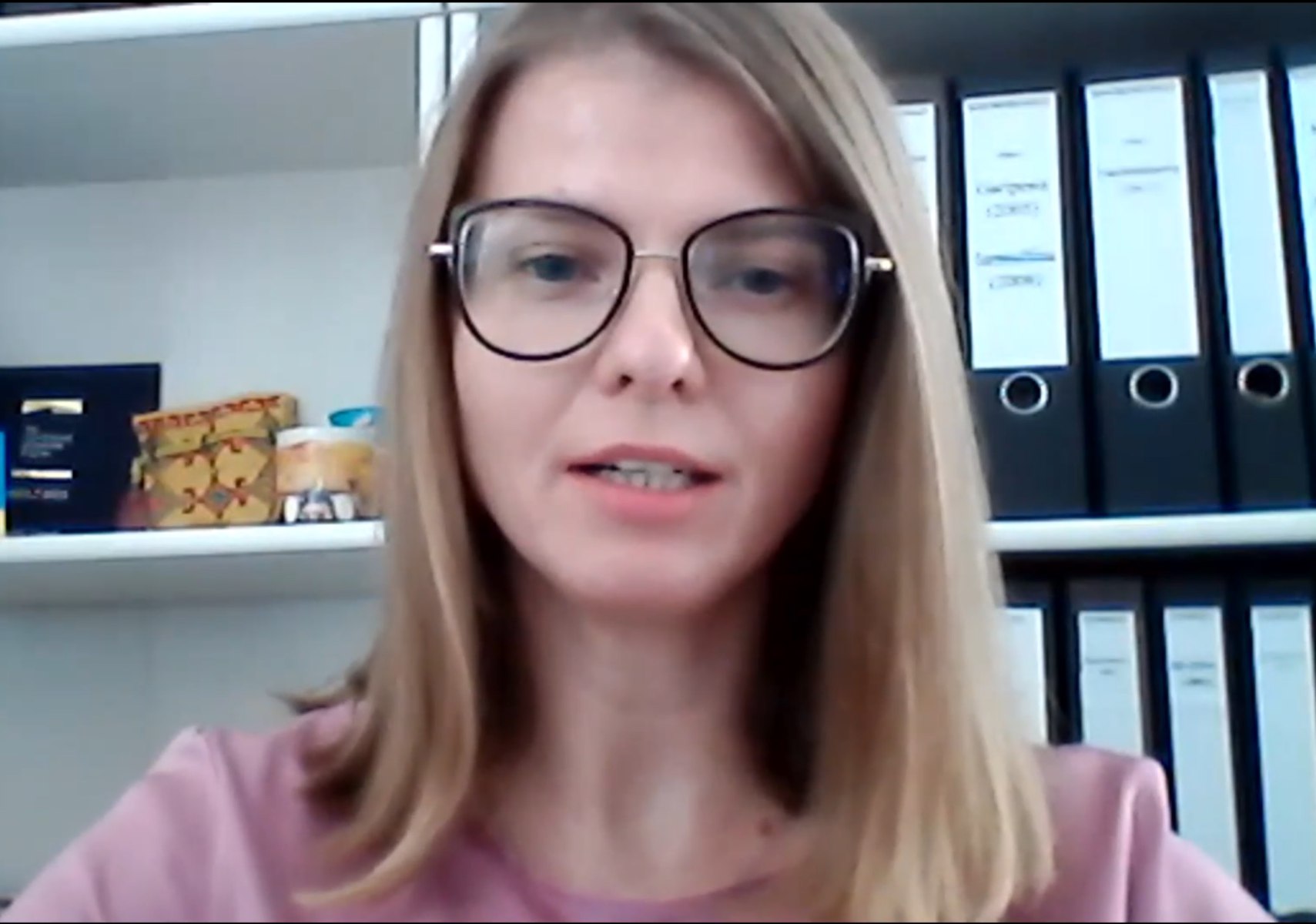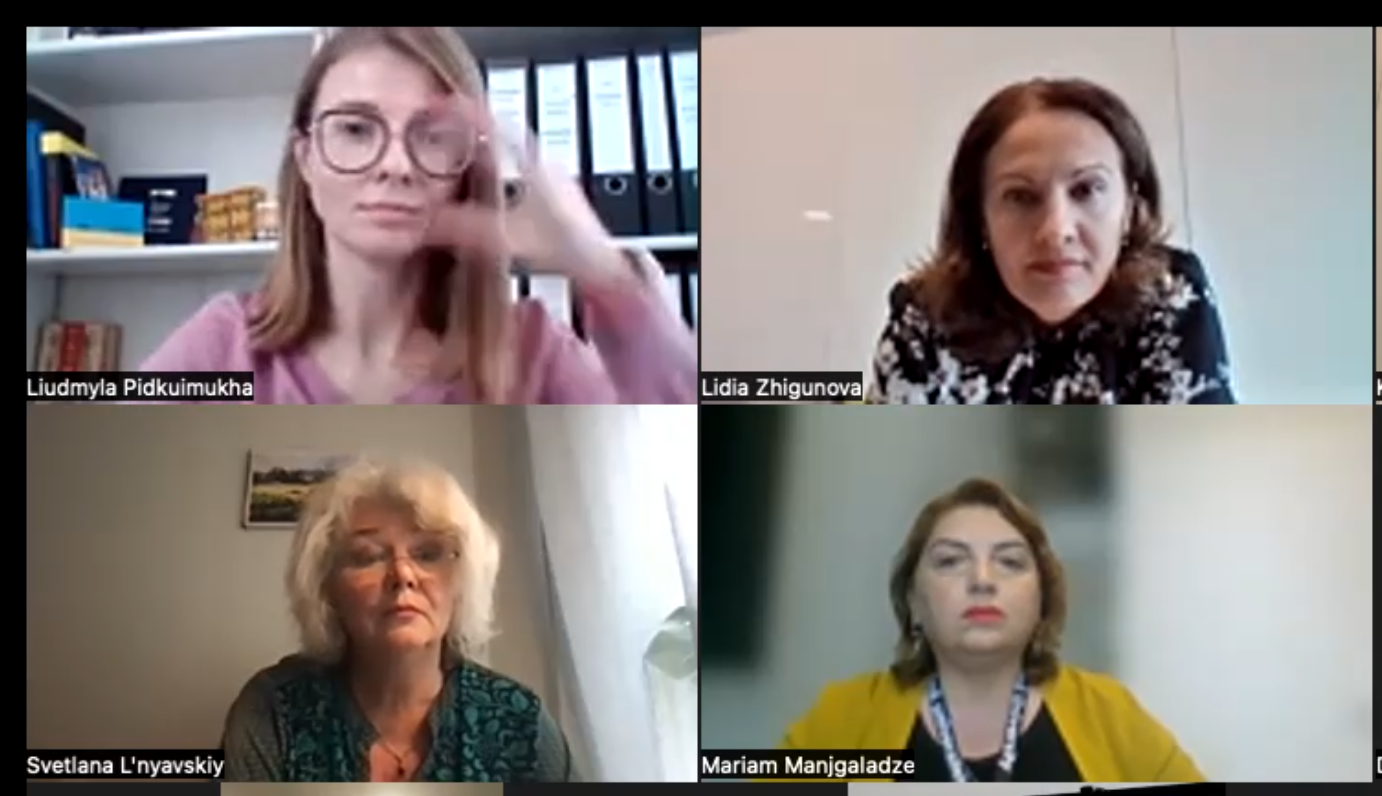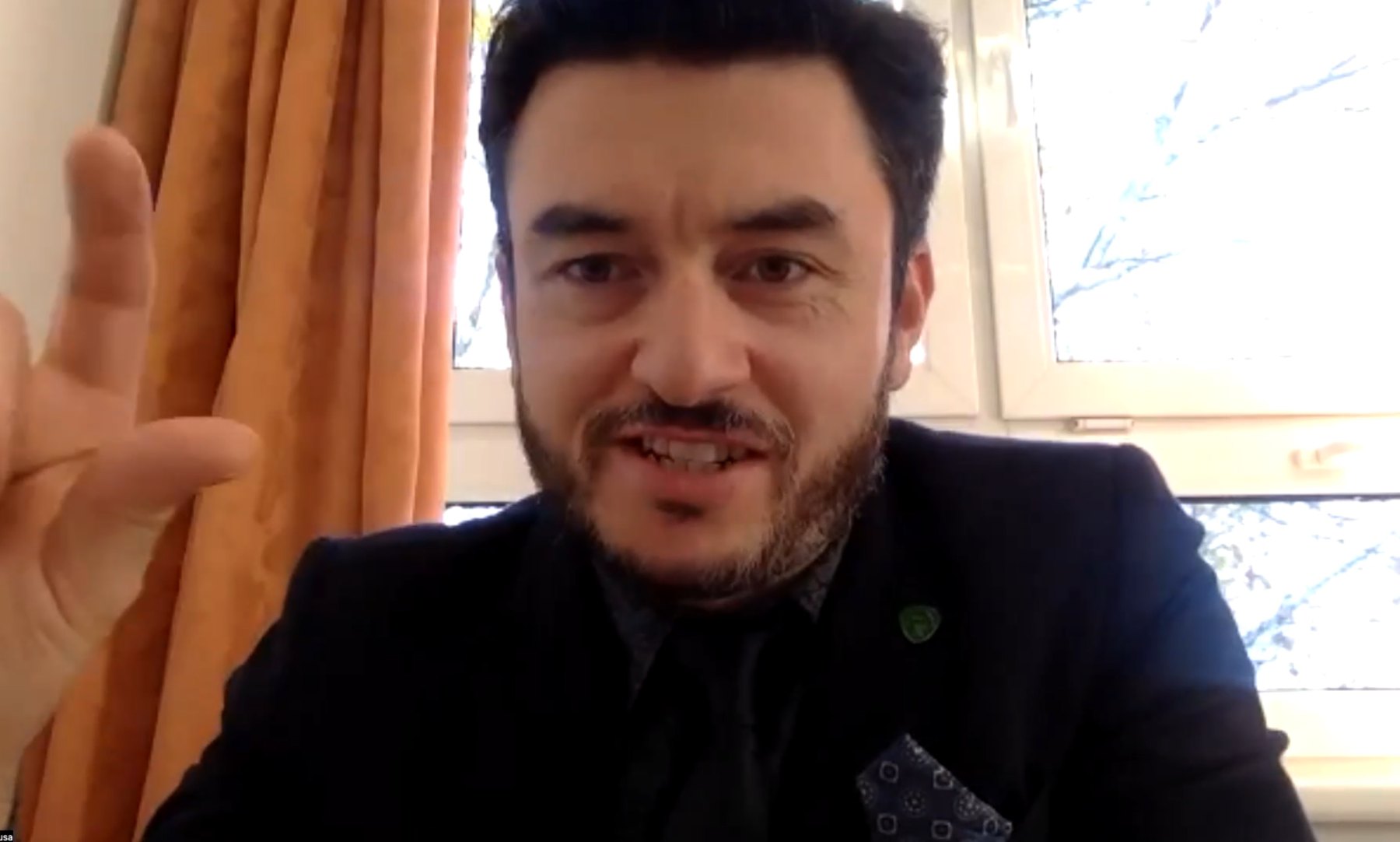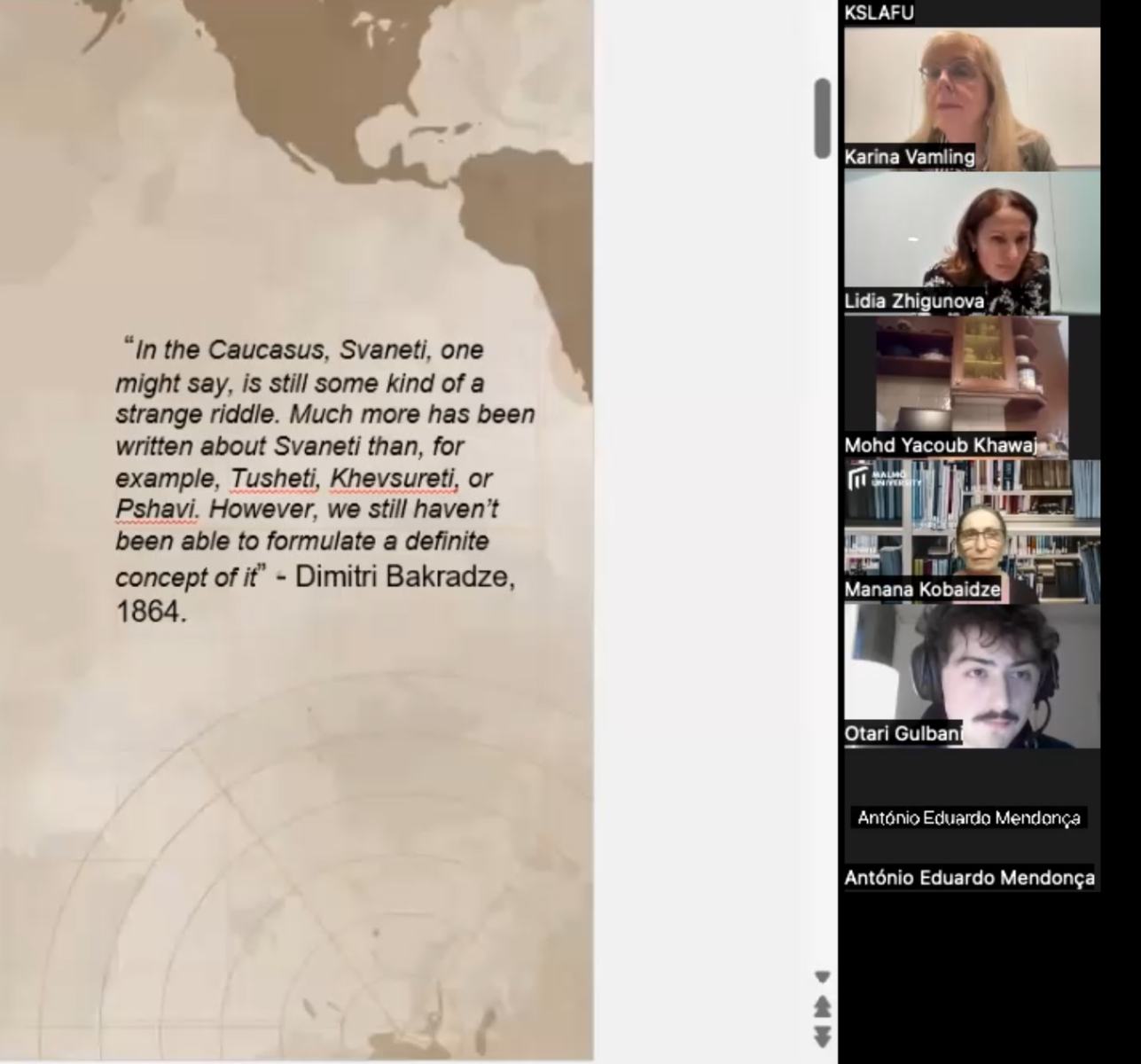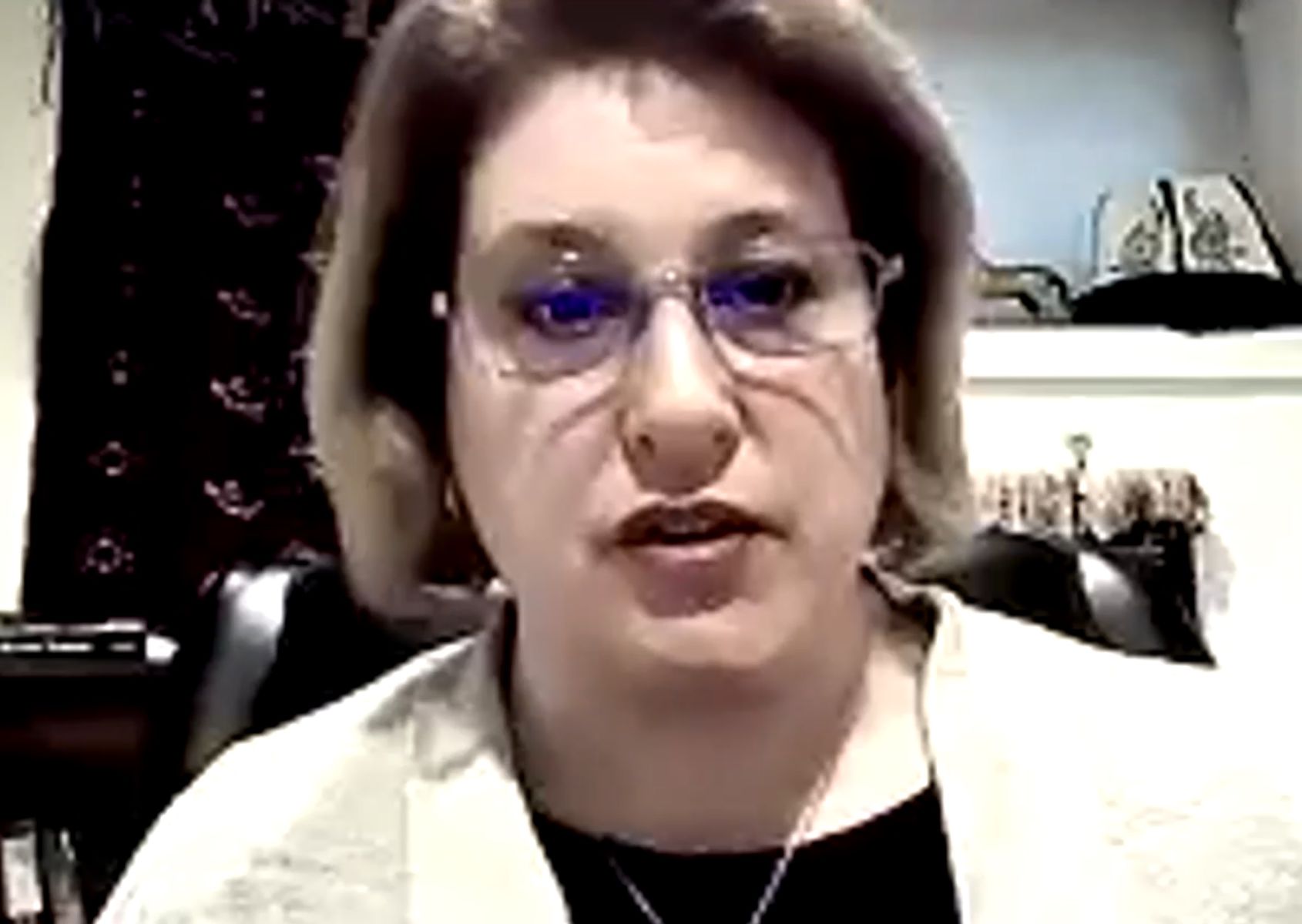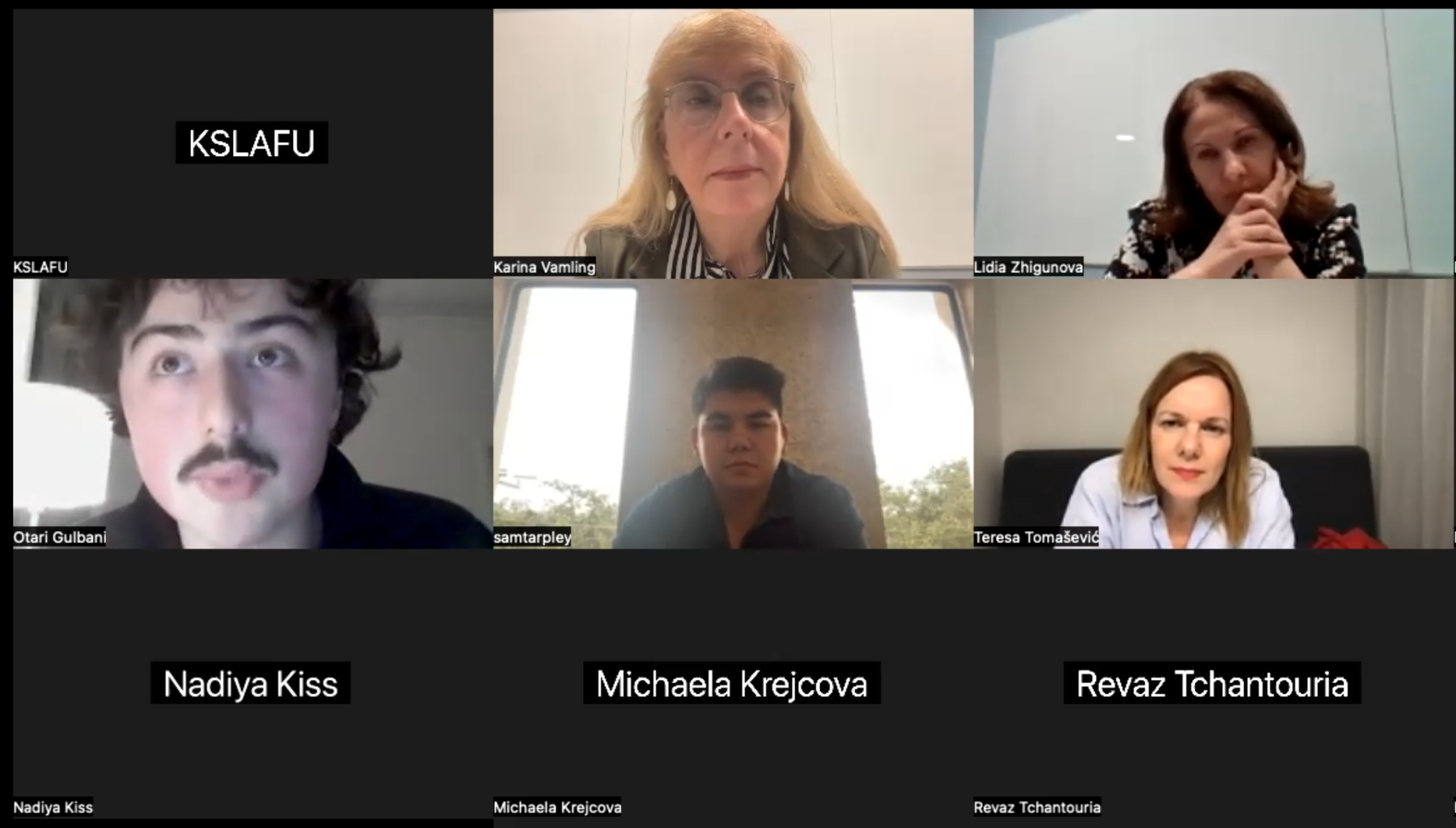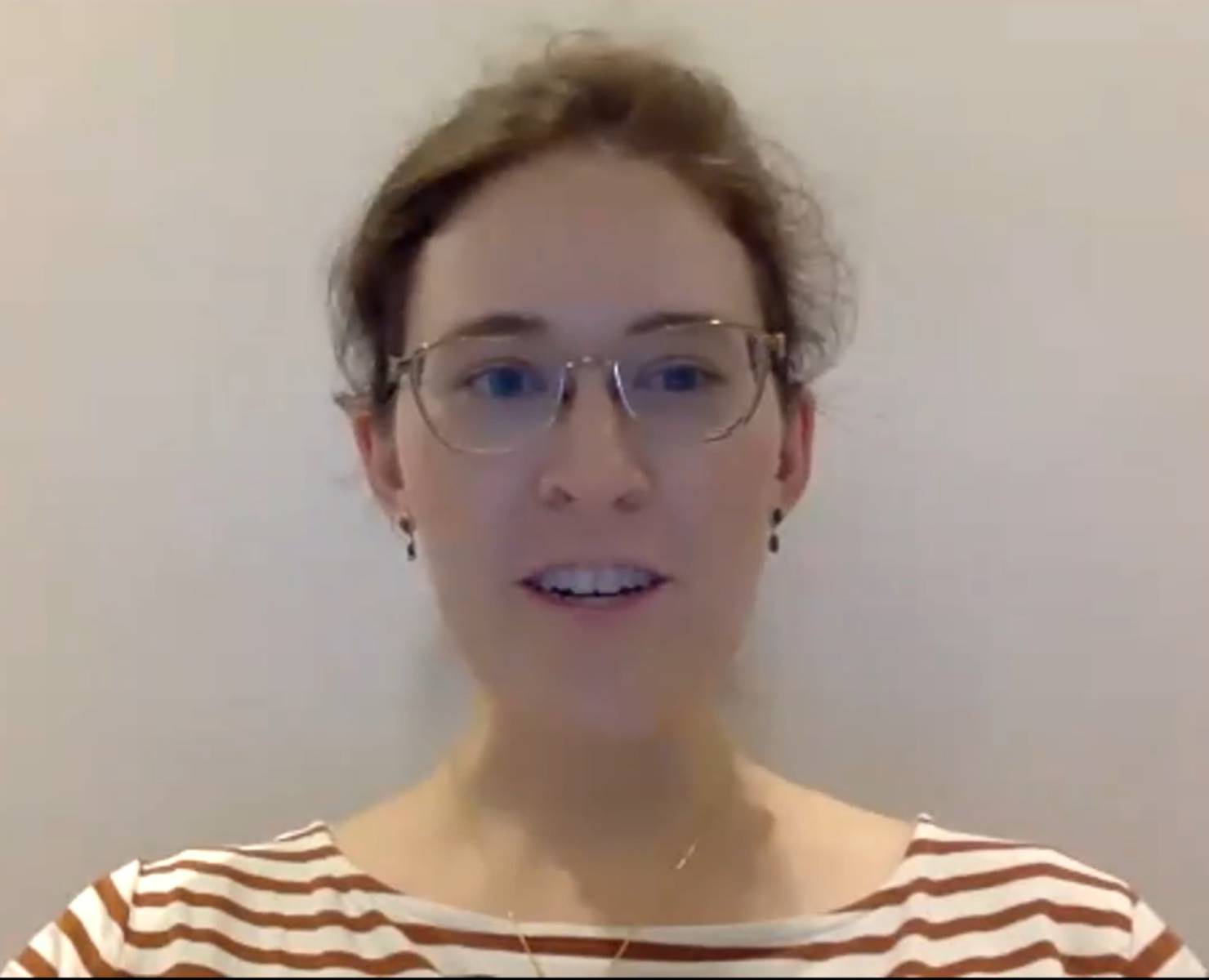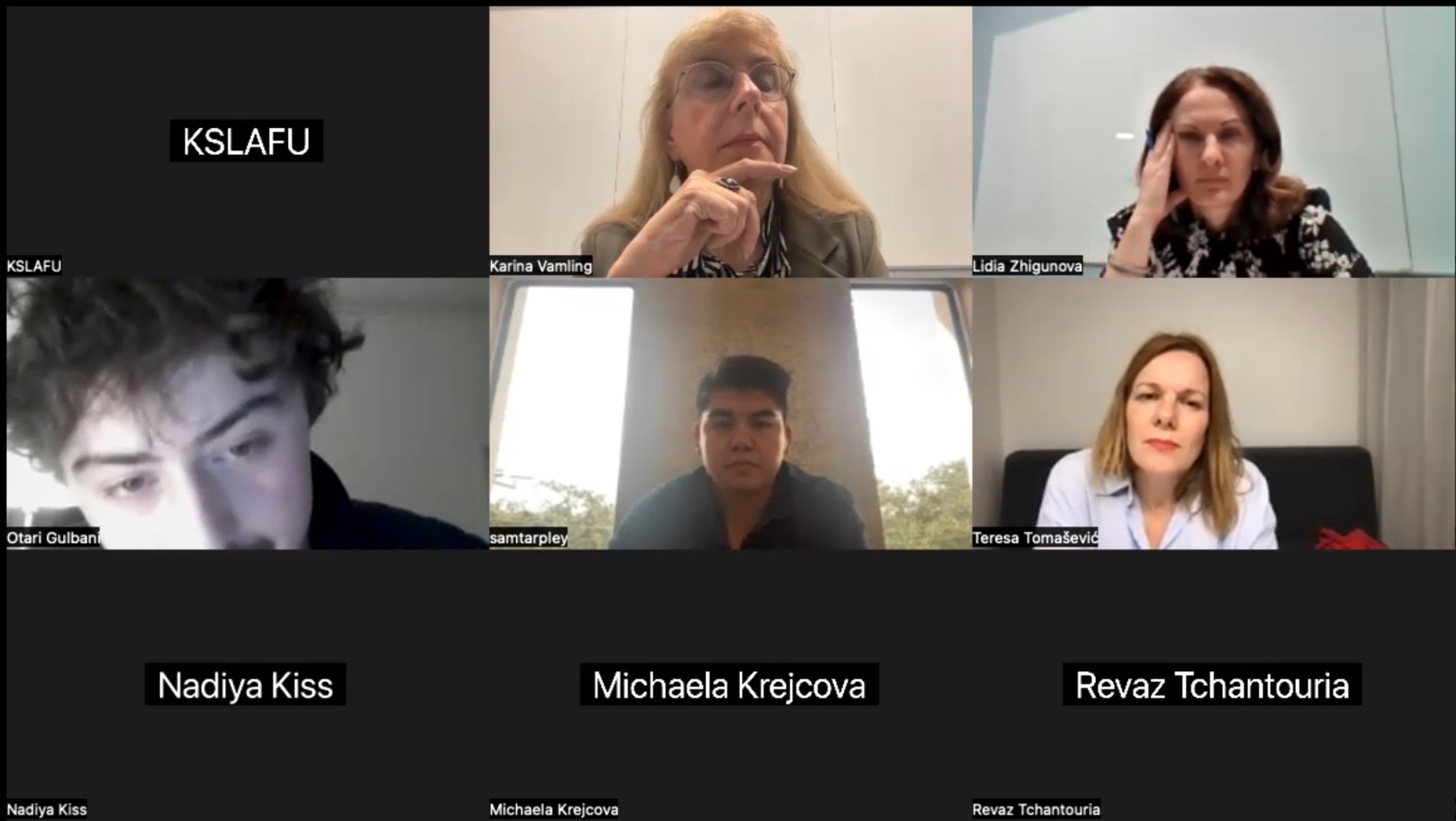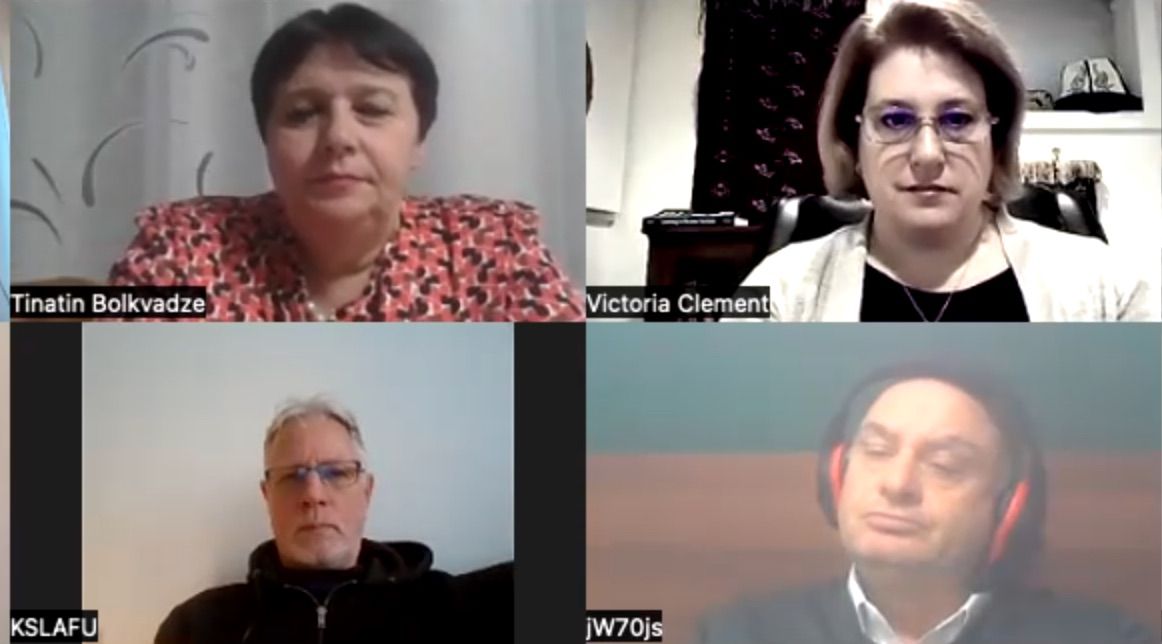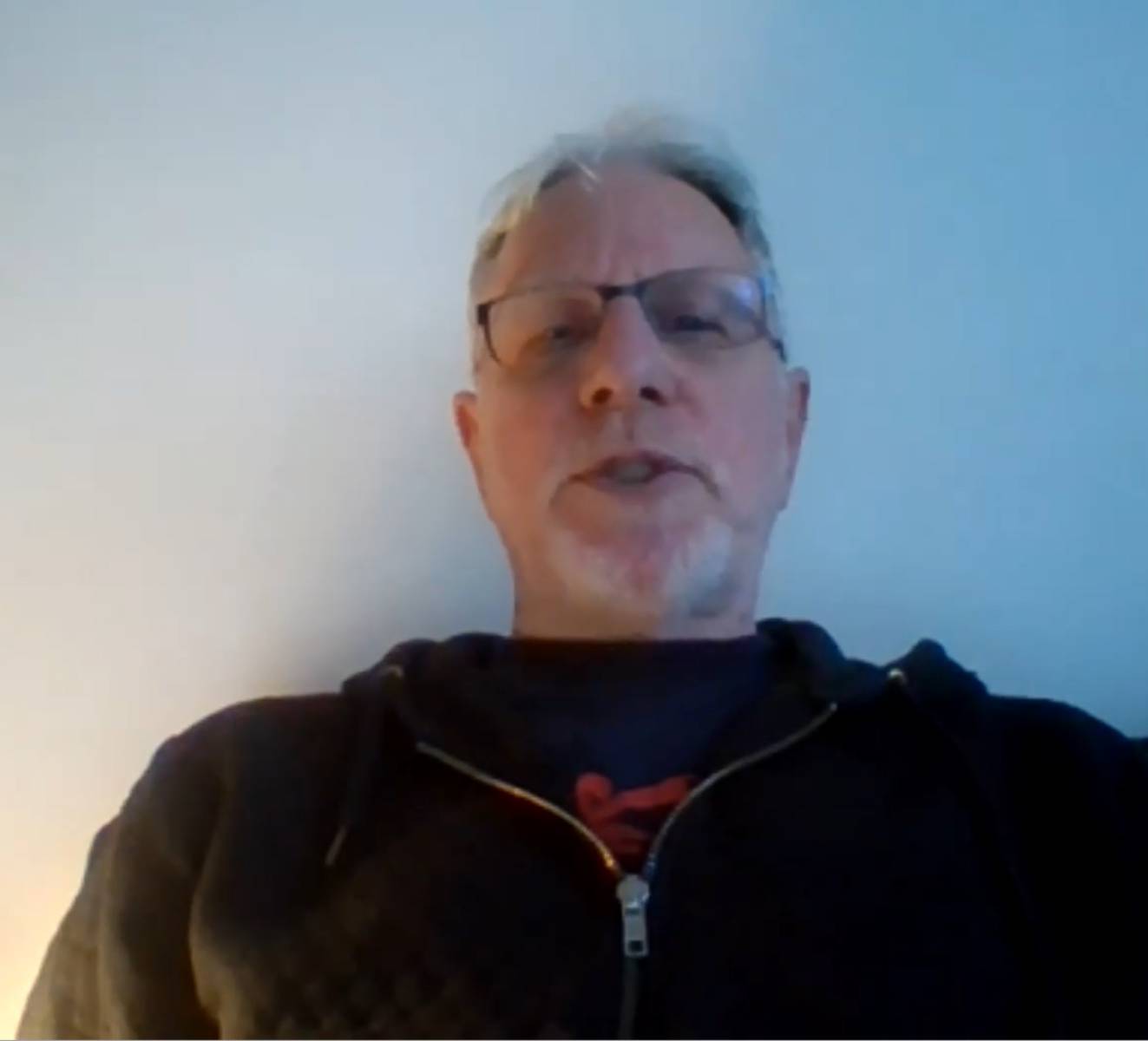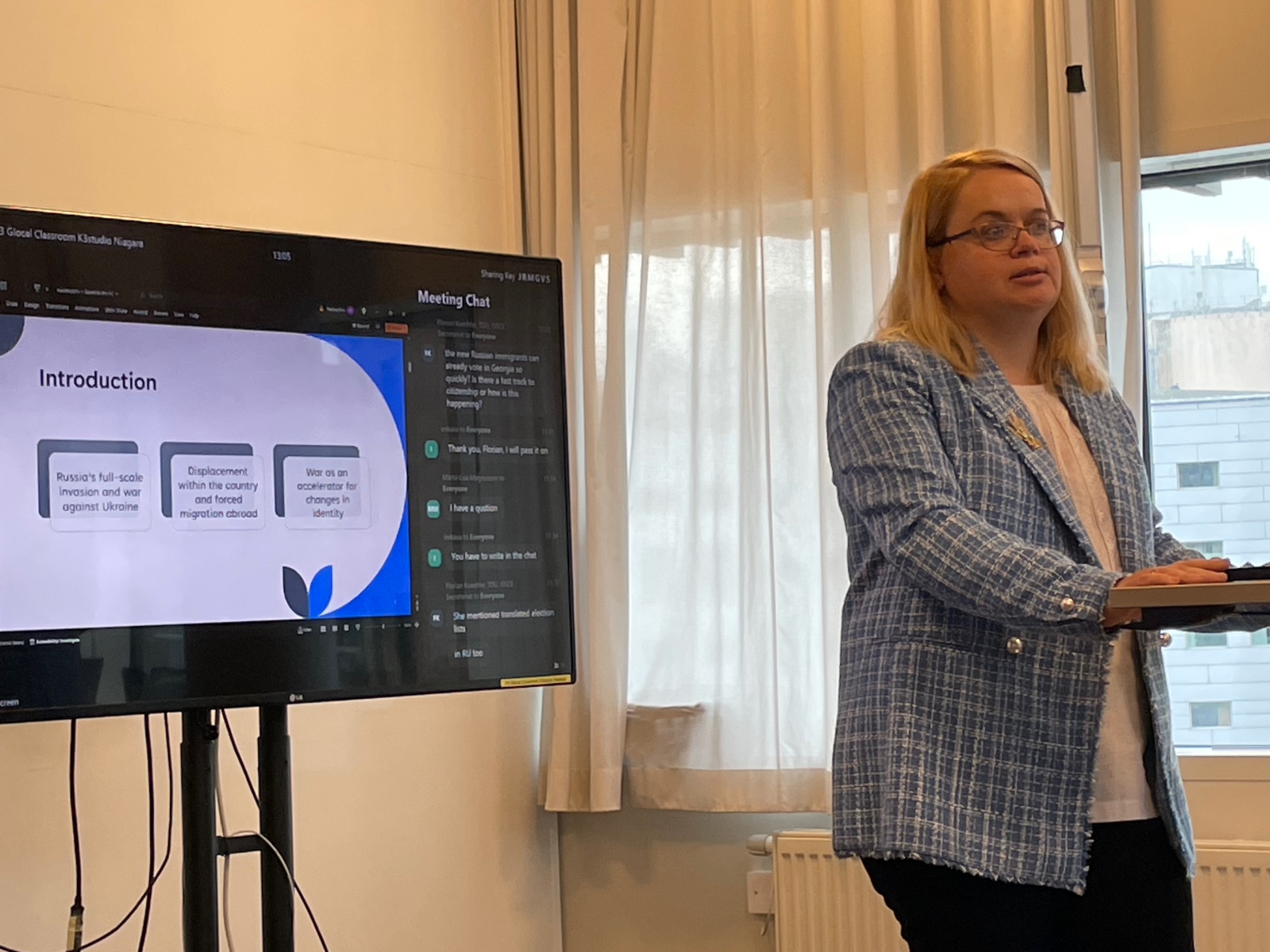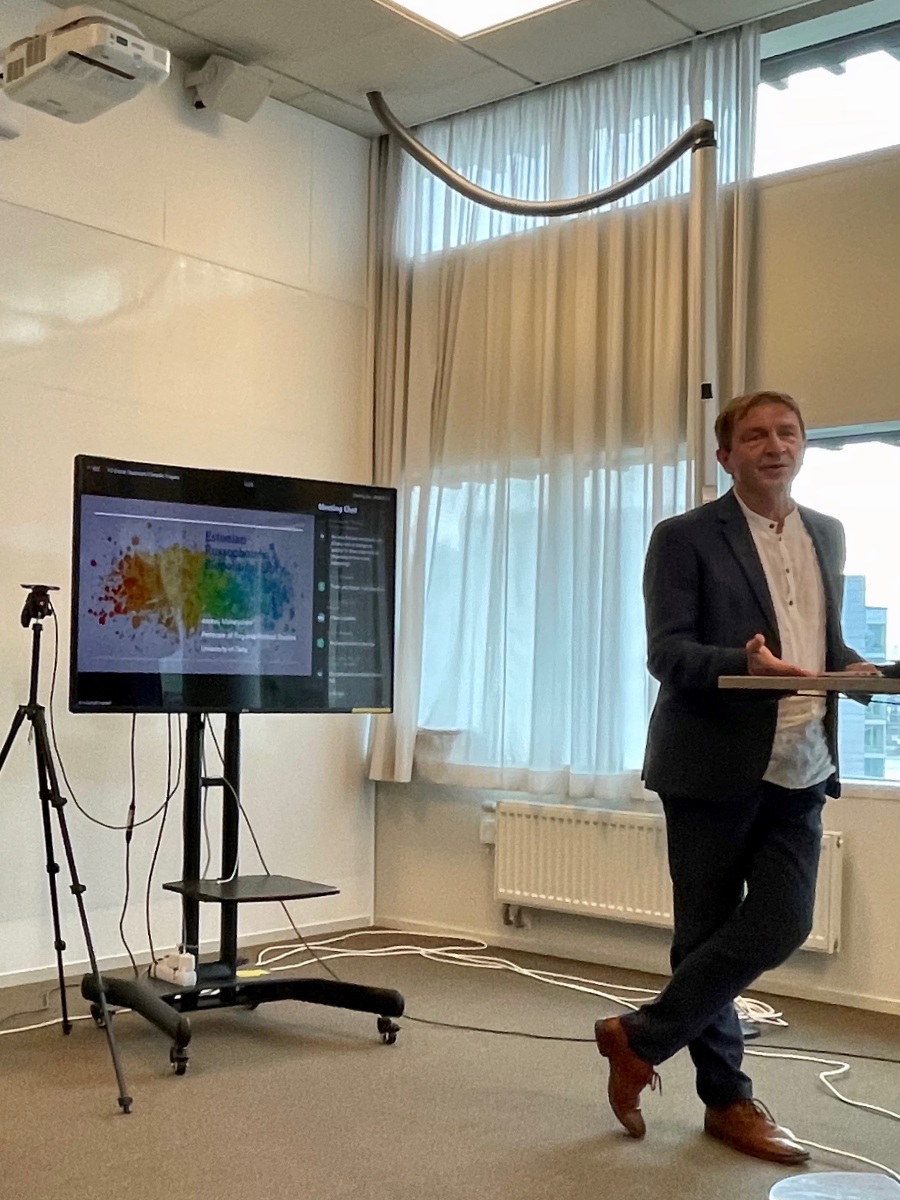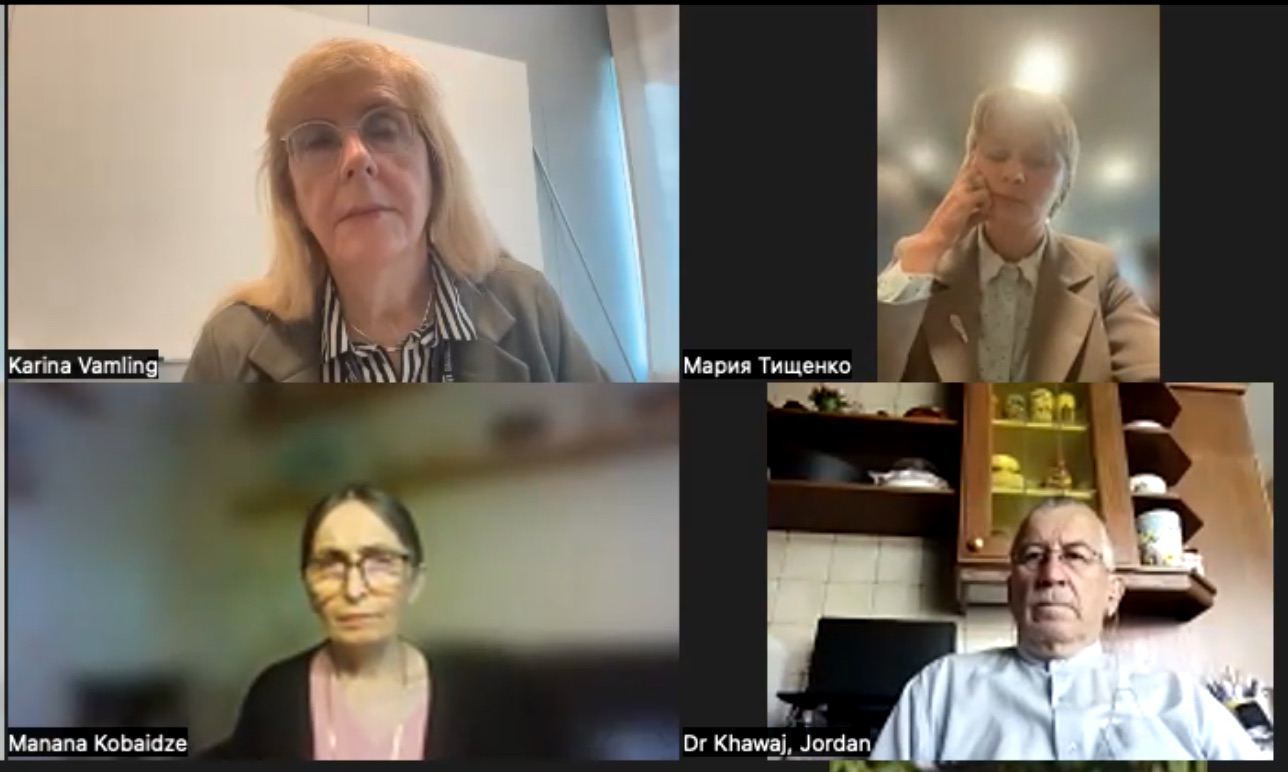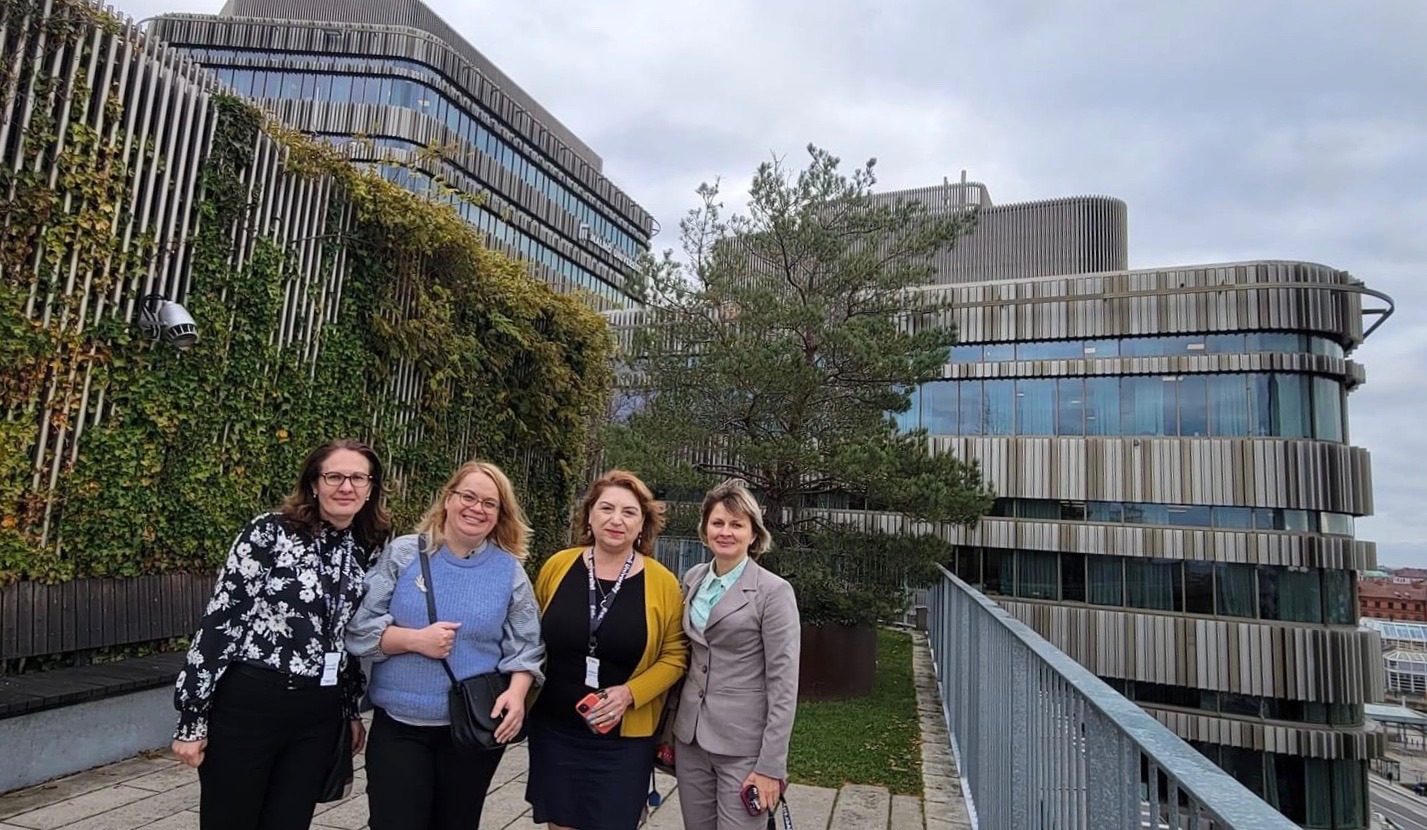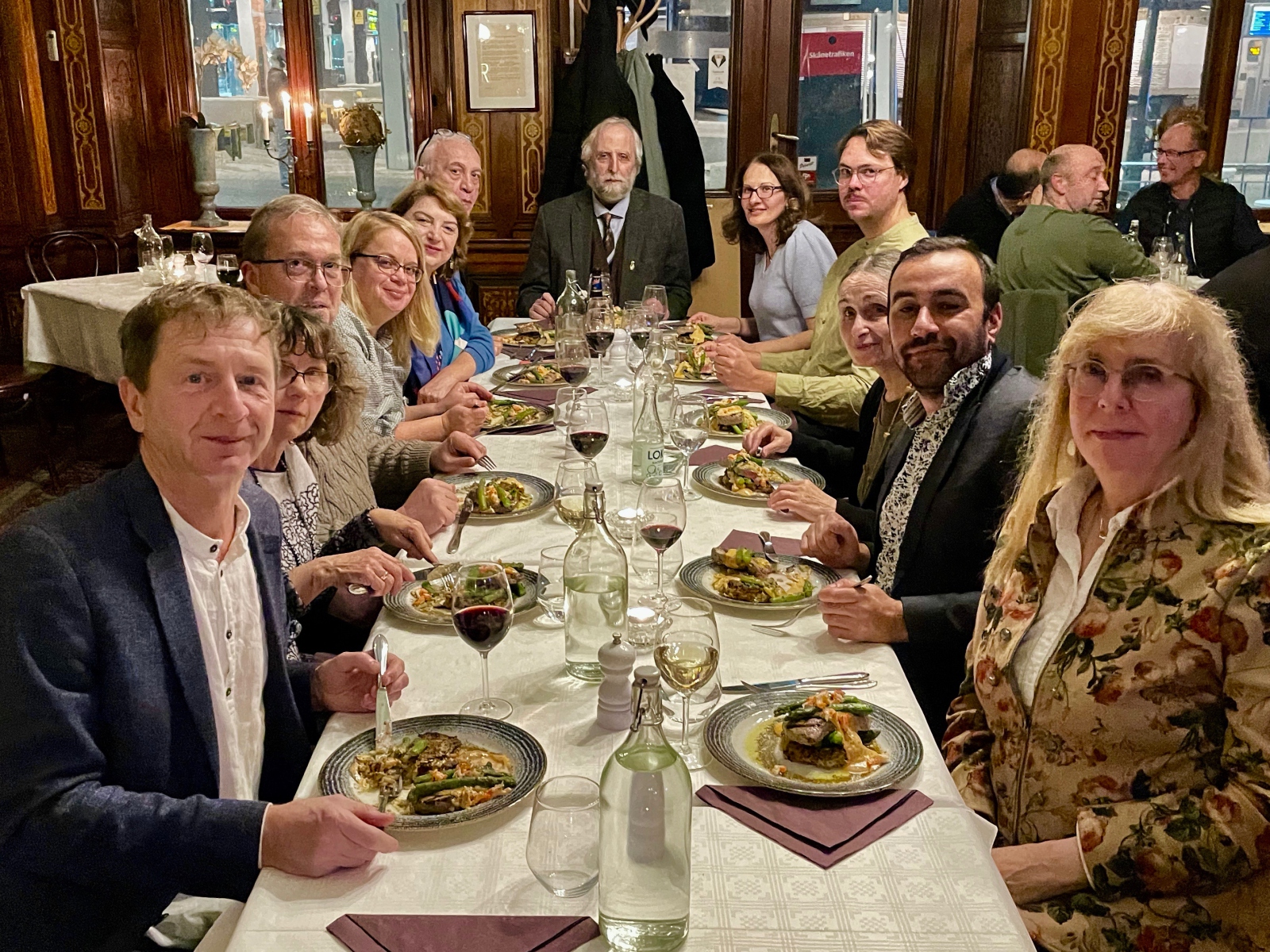Double seminar, March 26, 15.15–17.00
Where: Seminar room, 8th floor, C 0826, Niagara buidling (alternatelively, zoom https://mau-se.zoom.us/s/67806213523
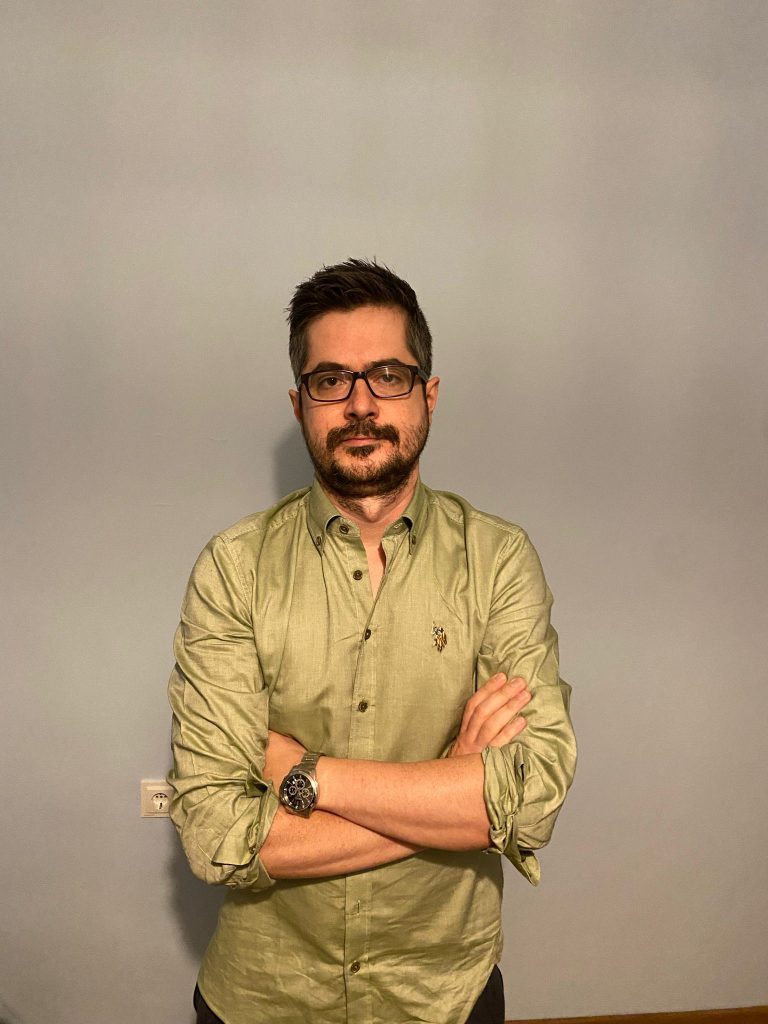 15:15-16:00: Research on the Films of the Russian-Ukrainian War
15:15-16:00: Research on the Films of the Russian-Ukrainian War
Oğuzhan Mutluer holds a Doctoral degree from İhsan Doğramacı Bilkent University, International Relations. Currently, he is a research assistant at Eskişehir Osmangazi University, Turkey. His research interests include films & politics, memory politics, the history of Soviet and post-Soviet Russian cinema, and contemporary Russian politics.
Abstract
The Russian-Ukrainian War has been one of the critical conflicts in world politics in the last decade and the latest invasion stage has been the most significant military conflict in Europe since the end of the Second World War. While the impact of the conflict on world politics is particular in terms of power politics, perceptions of the war also have a substantial part for both sides. Cultural mediums may affect perceptions to mobilize the masses and make them experience conflict throughout a narrative. The main topic of my research is to analyze the Russian-Ukrainian War-based films to understand the perceptions of each side. For this purpose, I will ask, “How has the crisis been represented in the national cinemas of Ukraine and Russia?” as a question. I claim that the visual discourse on the big screen may help us to understand perceptions and motivations about the war as films can represent, construct and modify reality. In the first step of the research, I will focus on Russian and Ukrainian film politics. Then, I will categorize the films through their genres. In the next stage, I will analyze the films using sociological, political-ideological and historical analysis, semiotics, auteur analysis and genre analysis. The main goal of the research is to find similar or contradicting patterns in both Ukrainian and Russian films depicting the conflict.
16:00:-17:00: Contestation but not Euroscepticism: economic and security concerns and the fear of losing national traditions in Georgia
Presenter – Nino Javakhishvili is a full professor of psychology at the School of Arts and Sciences and director of D. Uznadze Institute of Psychology at Ilia State University. She is widely published locally and internationally and her research and teaching focus are intergroup relations, identity formation and gender equality, among others.
Co-author – Nino Butsashvili, PhD in psychology, is a research assistant at D. Uznadze Institute of Psychology at Ilia State University. She is involved in several research projects, including studies which focus on intergroup relations and identity formations.
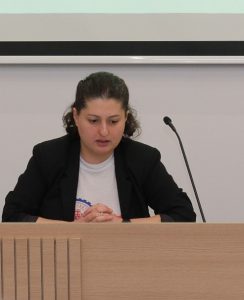 Abstract
Abstract
This paper examines the role of utilitarian, political and cultural/identity-based factors of Euroscepticism on a nationwide representative sample of ethnic Georgians (dataset from the study of “Knowledge of and attitudes toward the EU in Georgia, 2021”). Hierarchical multiple logistic regression showed that for ethnic Georgians, utilitarian factors are the strongest predictors of support for the EU integration, followed by cultural/identity and political variables, supporting the rational choice theory. These predictors are, in turn, anteceded by popular perceptions of the EU in Georgia. Mediation analysis revealed that the perception of the EU as a source of peace and security precedes the hope for an increase in national security with its support (political predictor). Likewise, the perception of the EU as a champion of the economic development antecedes the hope for reduced poverty in Georgia (utilitarian predictor). These consequences, in turn, lead to decision to vote for the EU membership. On the other hand, the perception of the EU as a threat to national traditions does not predict Euroscepticism. We elaborate on this result through an examination of the current political atmosphere of Georgia, where we determine that fears of losing national traditions are outweighed by fears of economic and political insecurity.
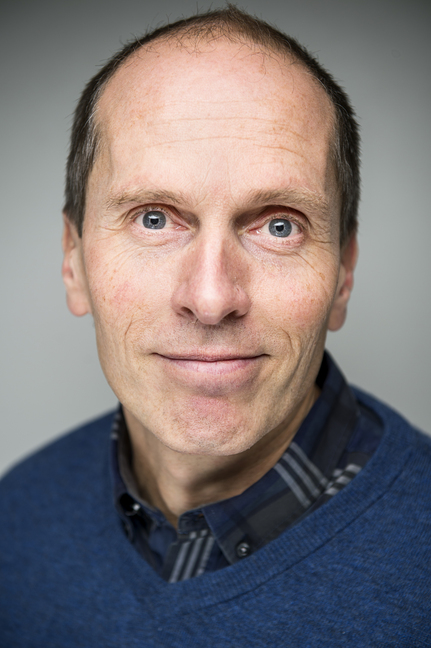 Prof. Aadne Aasland’s presentation will address the following:
Prof. Aadne Aasland’s presentation will address the following:


 15:15-16:00: Research on the Films of the Russian-Ukrainian War
15:15-16:00: Research on the Films of the Russian-Ukrainian War
 Abstract
Abstract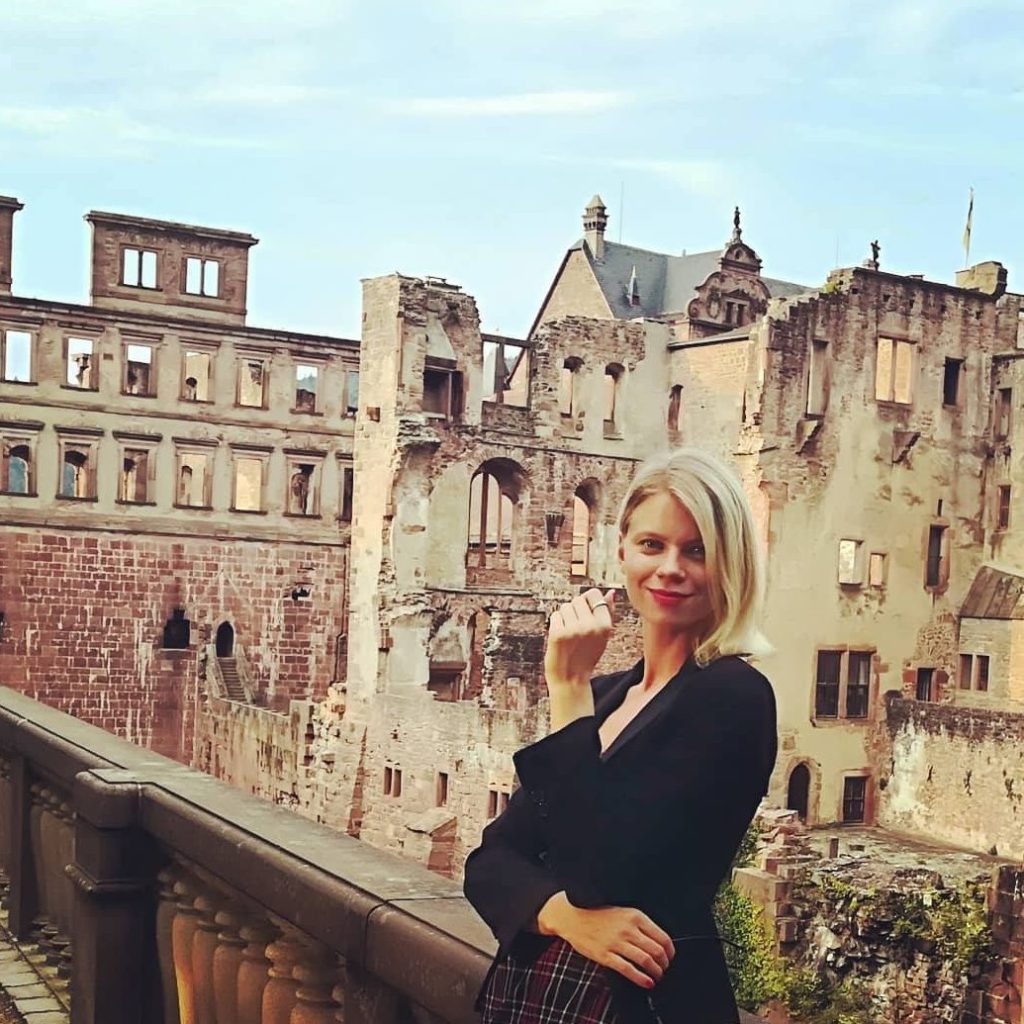 When: March 12, 2024, 15.15-16.30
When: March 12, 2024, 15.15-16.30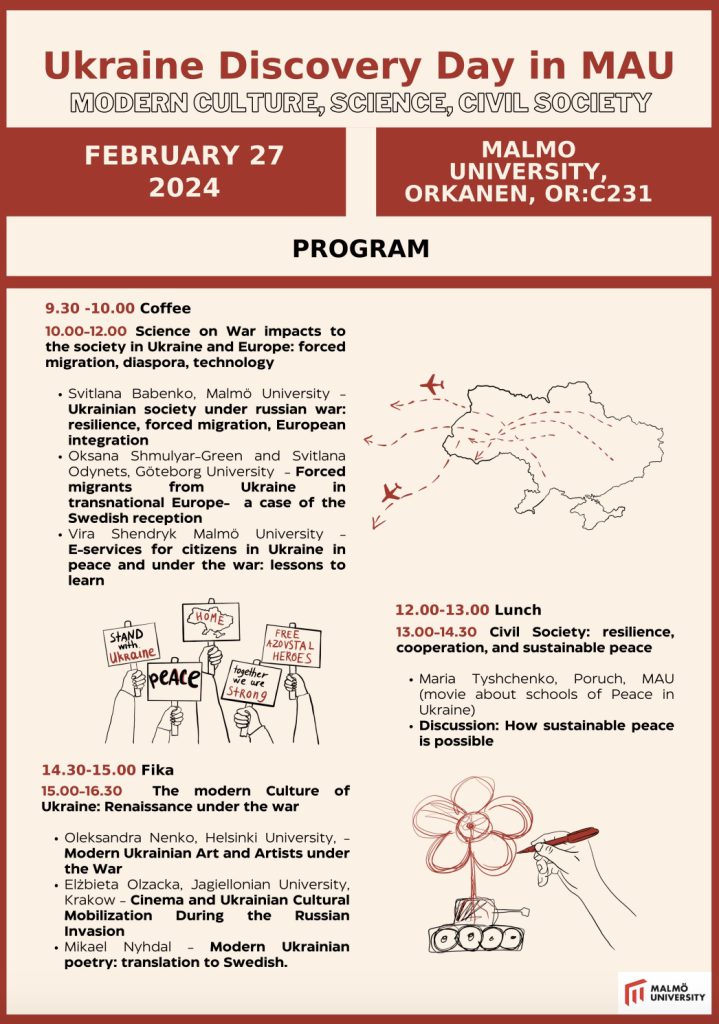
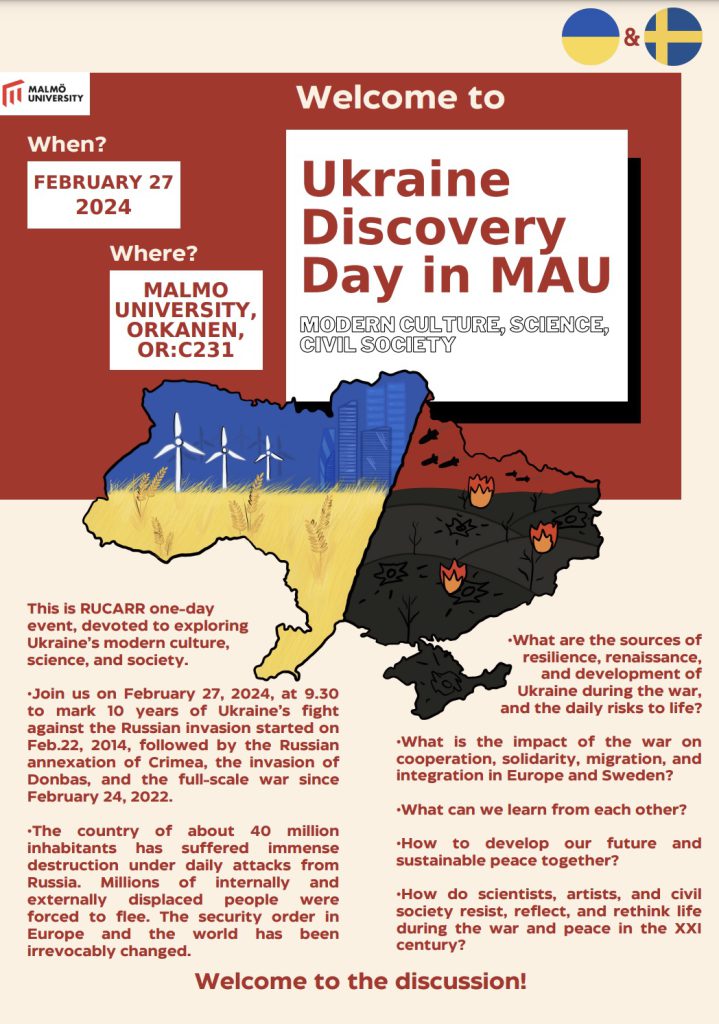
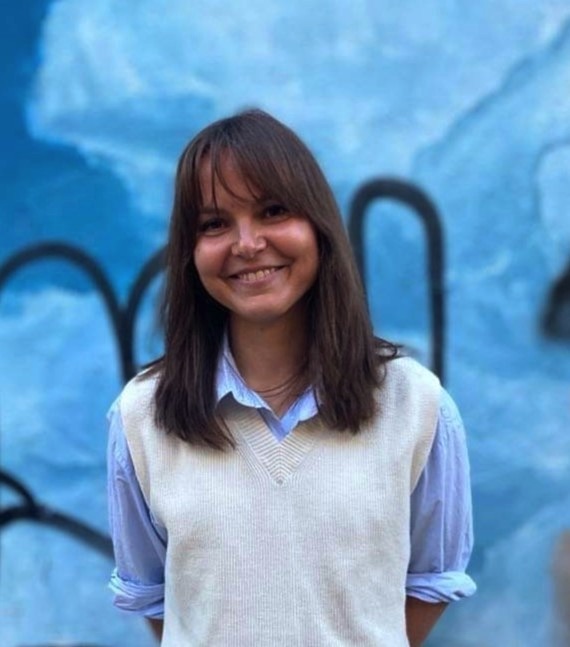 Lena Hercberga (Copenhagen Business School) holds a Doctoral degree from the University of Bristol, UK. Her current research interests include revisiting post-Soviet identity struggles, social cleavages, and democracy from alternative points of view, such as e.g., radical democracy and agonistic pluralism. Additionally, Lena is interested in self-reflexive forms of inquiry and non-conventional research methods
Lena Hercberga (Copenhagen Business School) holds a Doctoral degree from the University of Bristol, UK. Her current research interests include revisiting post-Soviet identity struggles, social cleavages, and democracy from alternative points of view, such as e.g., radical democracy and agonistic pluralism. Additionally, Lena is interested in self-reflexive forms of inquiry and non-conventional research methods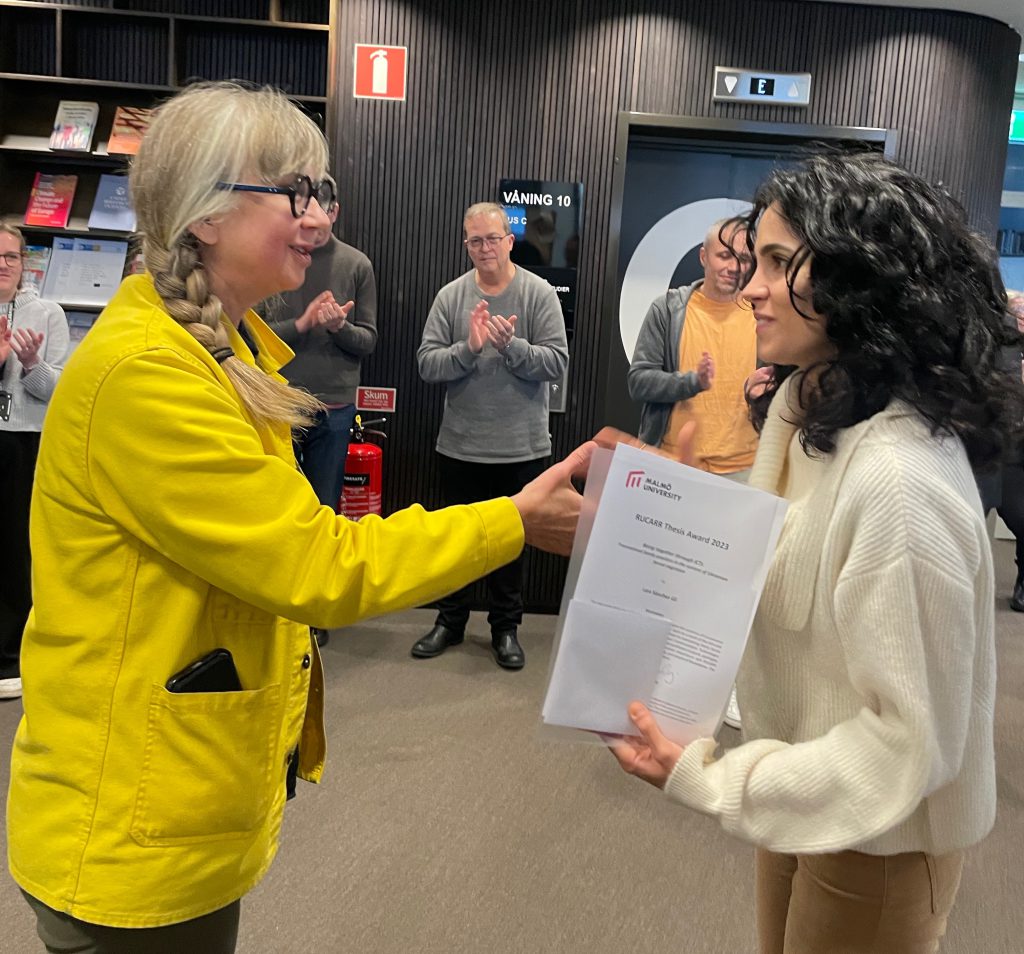
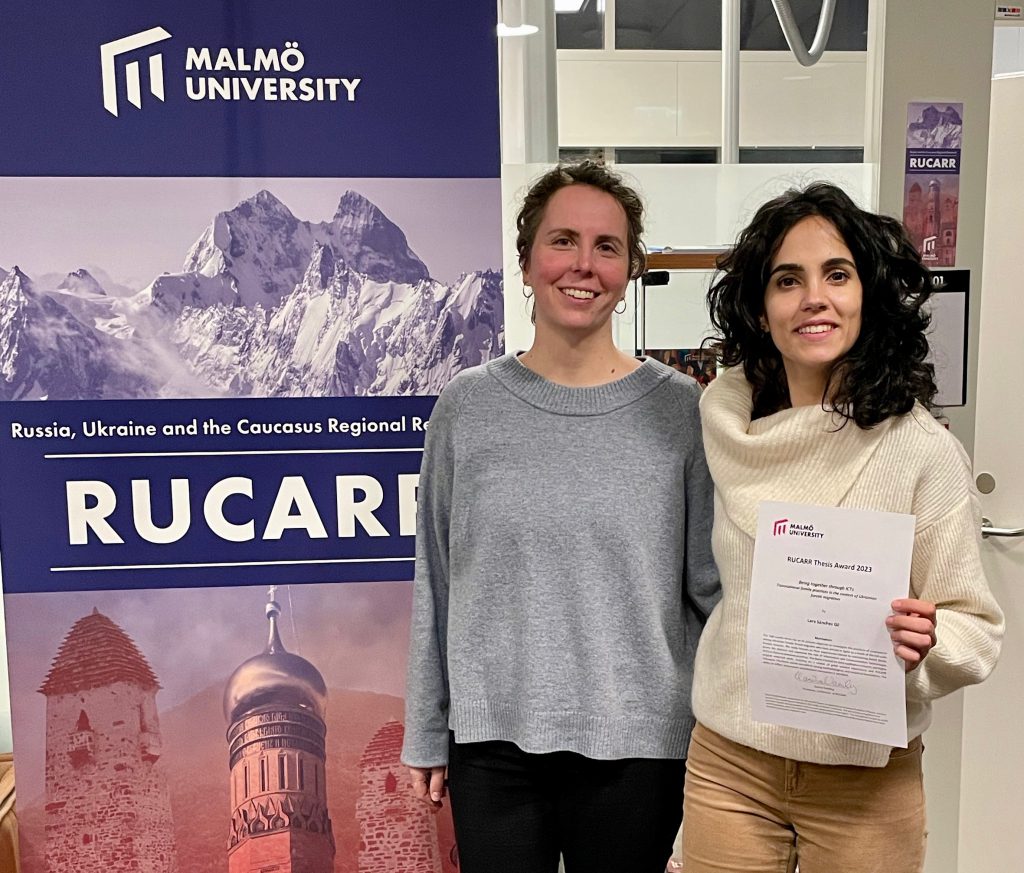
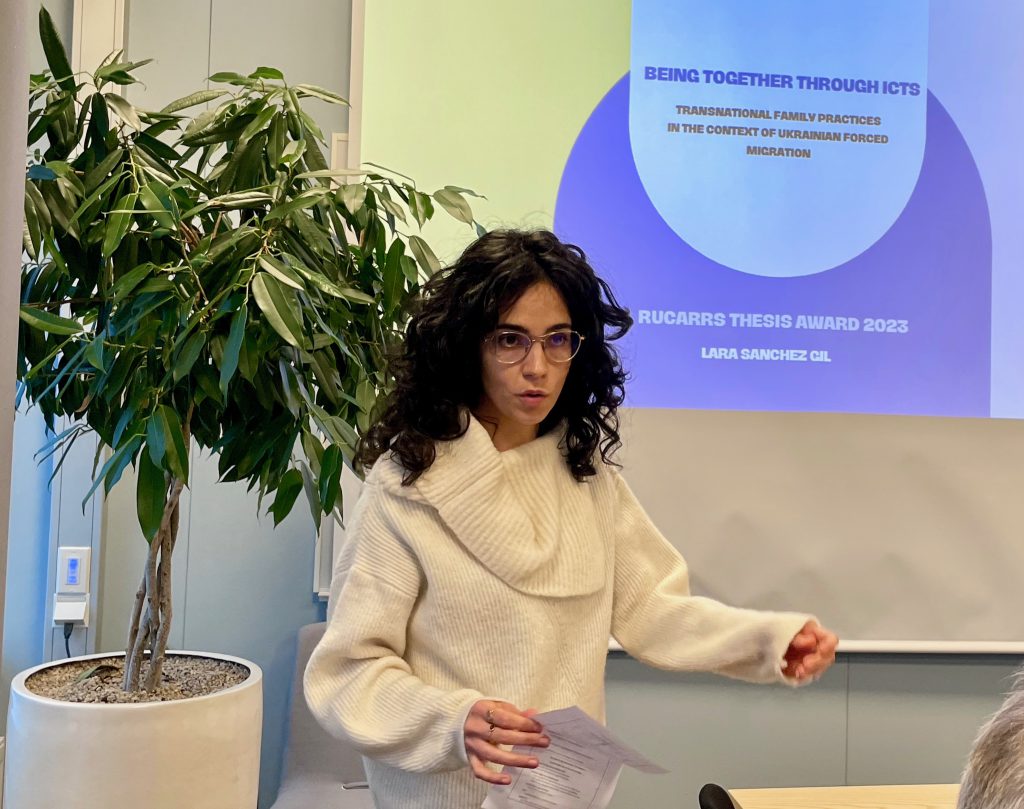
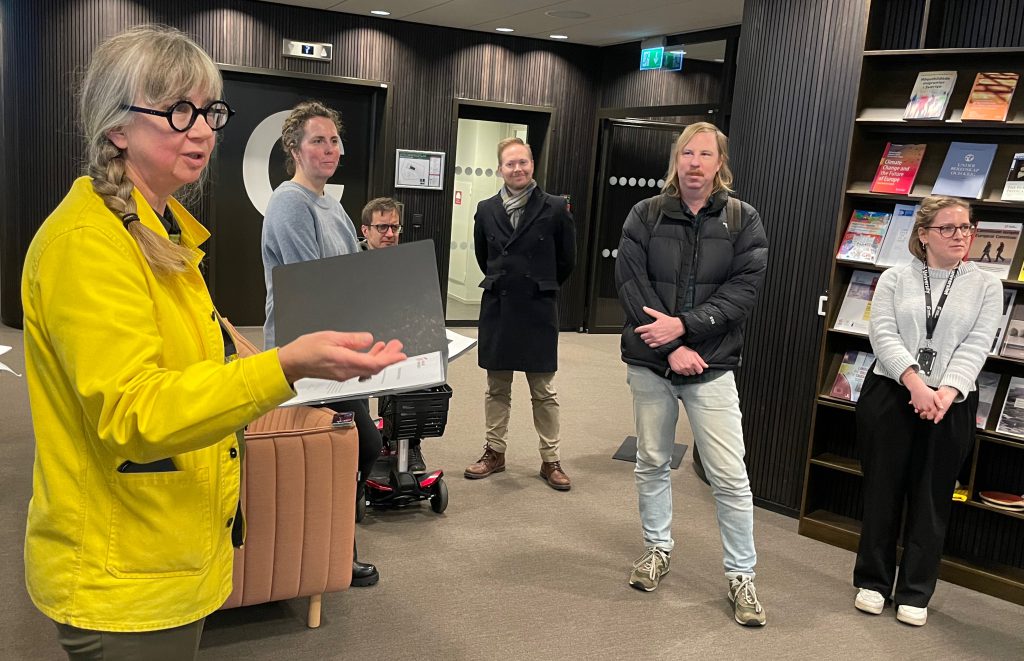
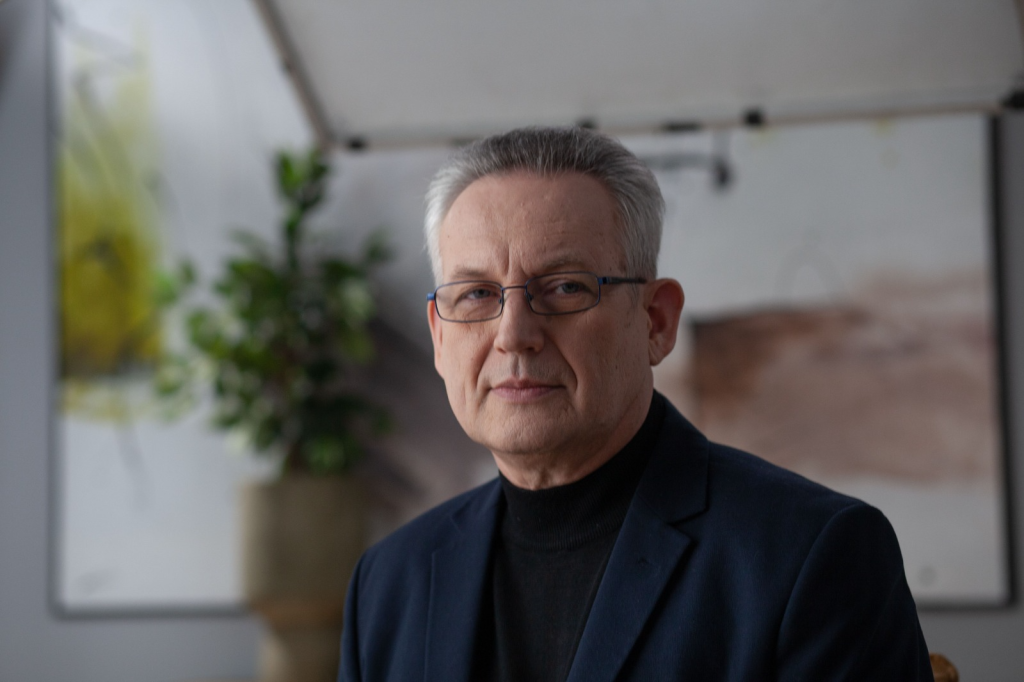 Prof. Oleg Mazuryk will be speaking on the topic of ‘Civic Engagement in the Context of the Russian War in Ukraine: Practice and Research,’ focused of his ongoing research on the phenomenon of self-organization and social cohesion within Ukrainian society. His study is done in cooperation with the Ukrainian Evaluation Association. From the full-scale invasion in Feb 2024, there was an epicenter of social activities and hostilities in the Kyiv region, near the now globally renowned town of Bucha. The intention behind this initiative is to document the first-hand experience of Ukrainian resistance to Russian aggression, aiming at making this valuable information accessible for academic and professional scrutiny. The findings of the research into the self-organization and unification of Ukrainians are derived from a comprehensive analysis of 142 in-depth interviews. It is important to note that this is a work in progress, with further insights and data yet to be gathered and analyzed. This presentation will delve into the role that civic engagement played at the onset of the full-scale invasion and how it can contribute to the further development of a sustainable and democratic society in the post-war period.
Prof. Oleg Mazuryk will be speaking on the topic of ‘Civic Engagement in the Context of the Russian War in Ukraine: Practice and Research,’ focused of his ongoing research on the phenomenon of self-organization and social cohesion within Ukrainian society. His study is done in cooperation with the Ukrainian Evaluation Association. From the full-scale invasion in Feb 2024, there was an epicenter of social activities and hostilities in the Kyiv region, near the now globally renowned town of Bucha. The intention behind this initiative is to document the first-hand experience of Ukrainian resistance to Russian aggression, aiming at making this valuable information accessible for academic and professional scrutiny. The findings of the research into the self-organization and unification of Ukrainians are derived from a comprehensive analysis of 142 in-depth interviews. It is important to note that this is a work in progress, with further insights and data yet to be gathered and analyzed. This presentation will delve into the role that civic engagement played at the onset of the full-scale invasion and how it can contribute to the further development of a sustainable and democratic society in the post-war period.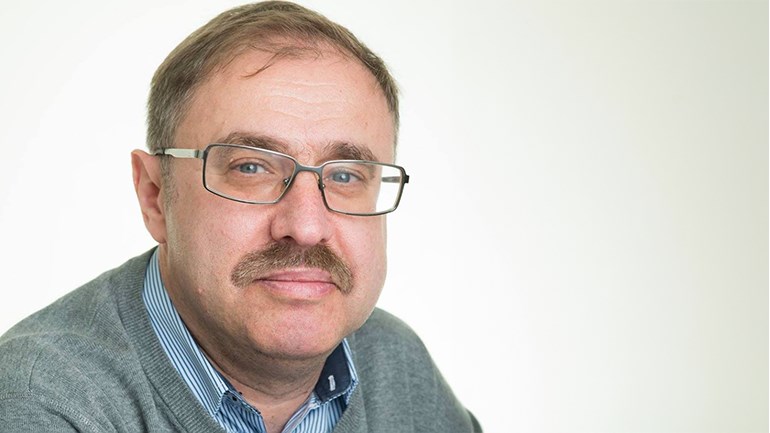 You are welcome to attend a lecture by Vladimir Gelman, professor at Aleksanteriinstitutet, University of Helsiniki, and new member of RUCARR’s Advisory Board. He will talk about ‘Why Russia Fails: Origins of the Ukrainian Catastrophe’, which also is the subjet of his coming book. The event is a collaboration with Global Europe & International Cooperation (GEIC).
You are welcome to attend a lecture by Vladimir Gelman, professor at Aleksanteriinstitutet, University of Helsiniki, and new member of RUCARR’s Advisory Board. He will talk about ‘Why Russia Fails: Origins of the Ukrainian Catastrophe’, which also is the subjet of his coming book. The event is a collaboration with Global Europe & International Cooperation (GEIC).